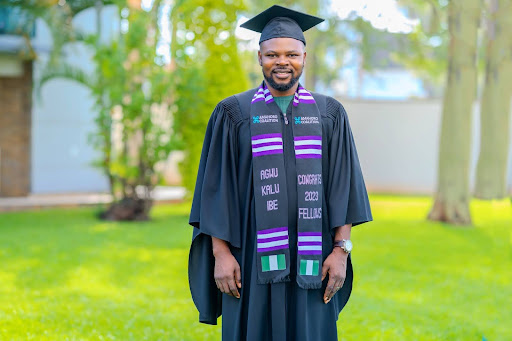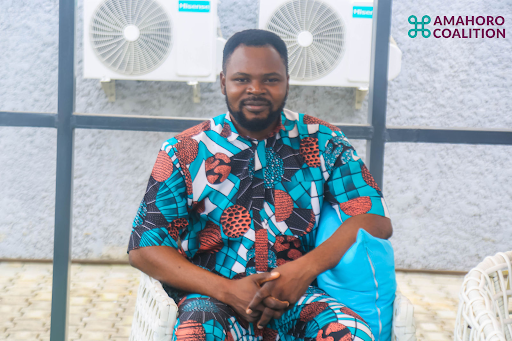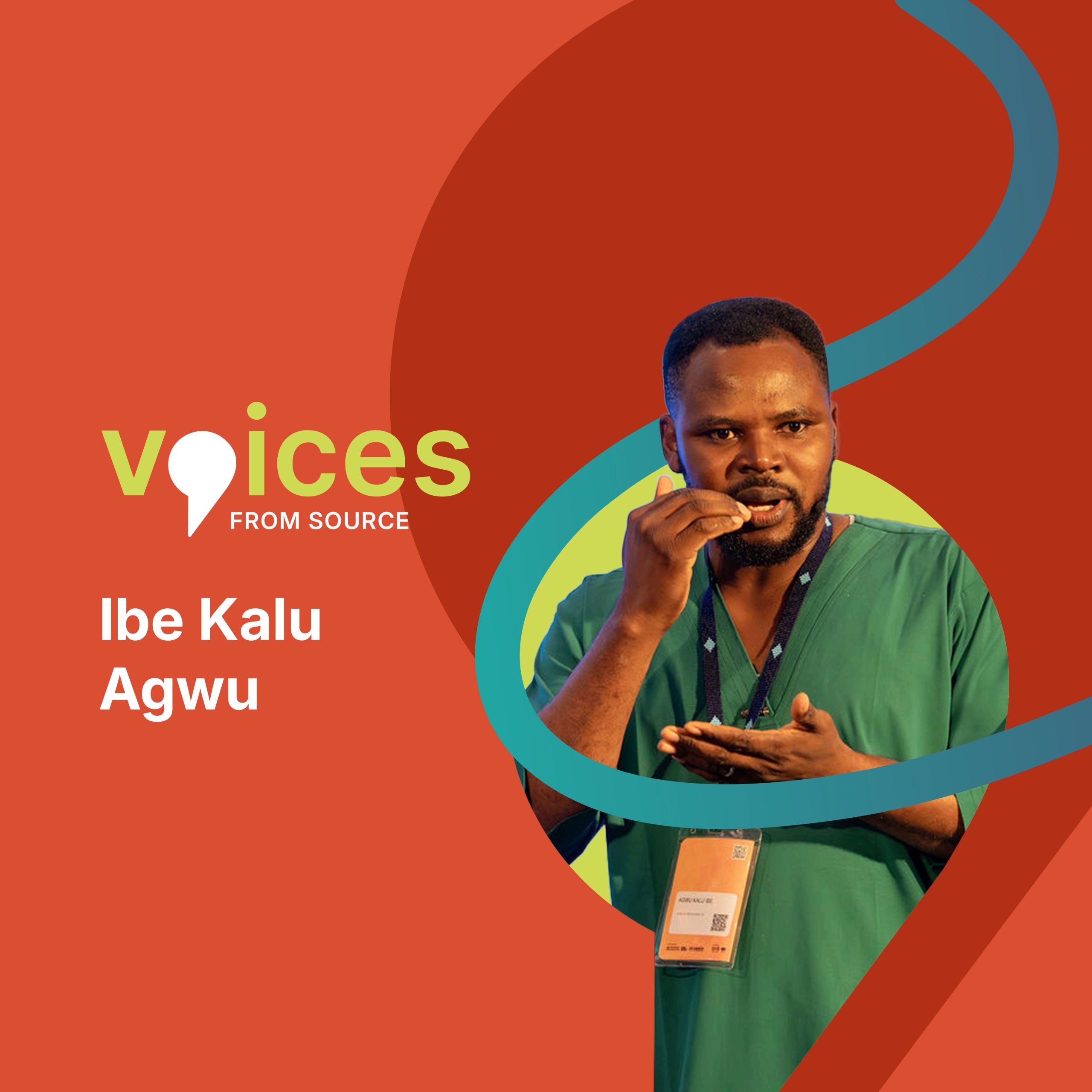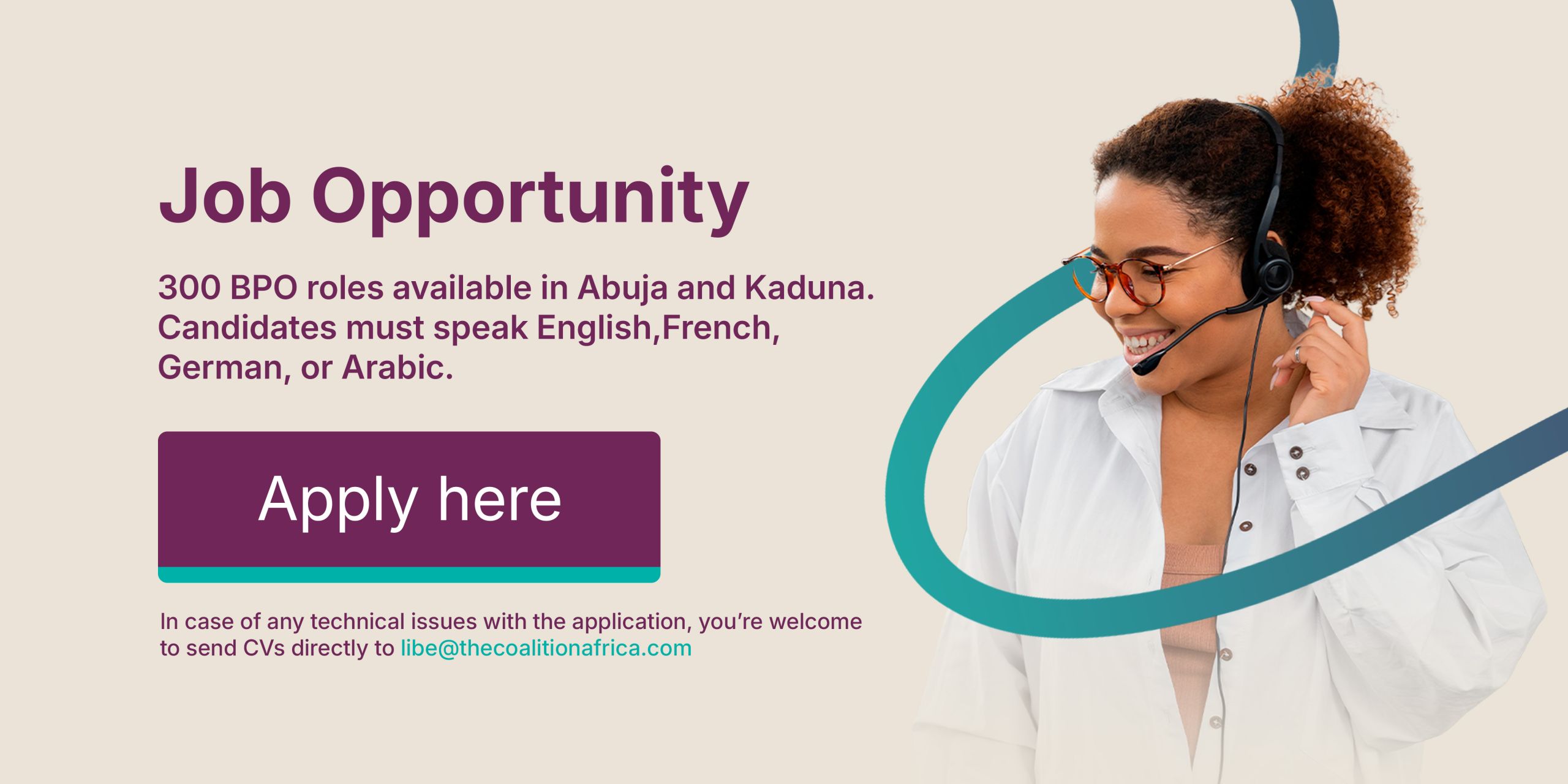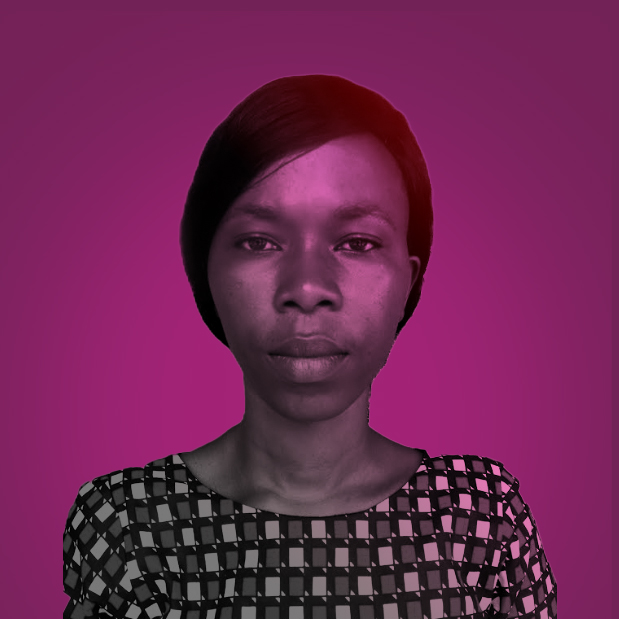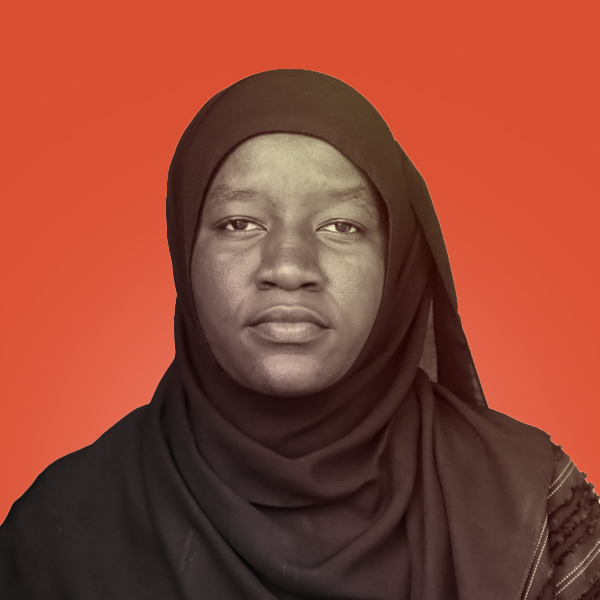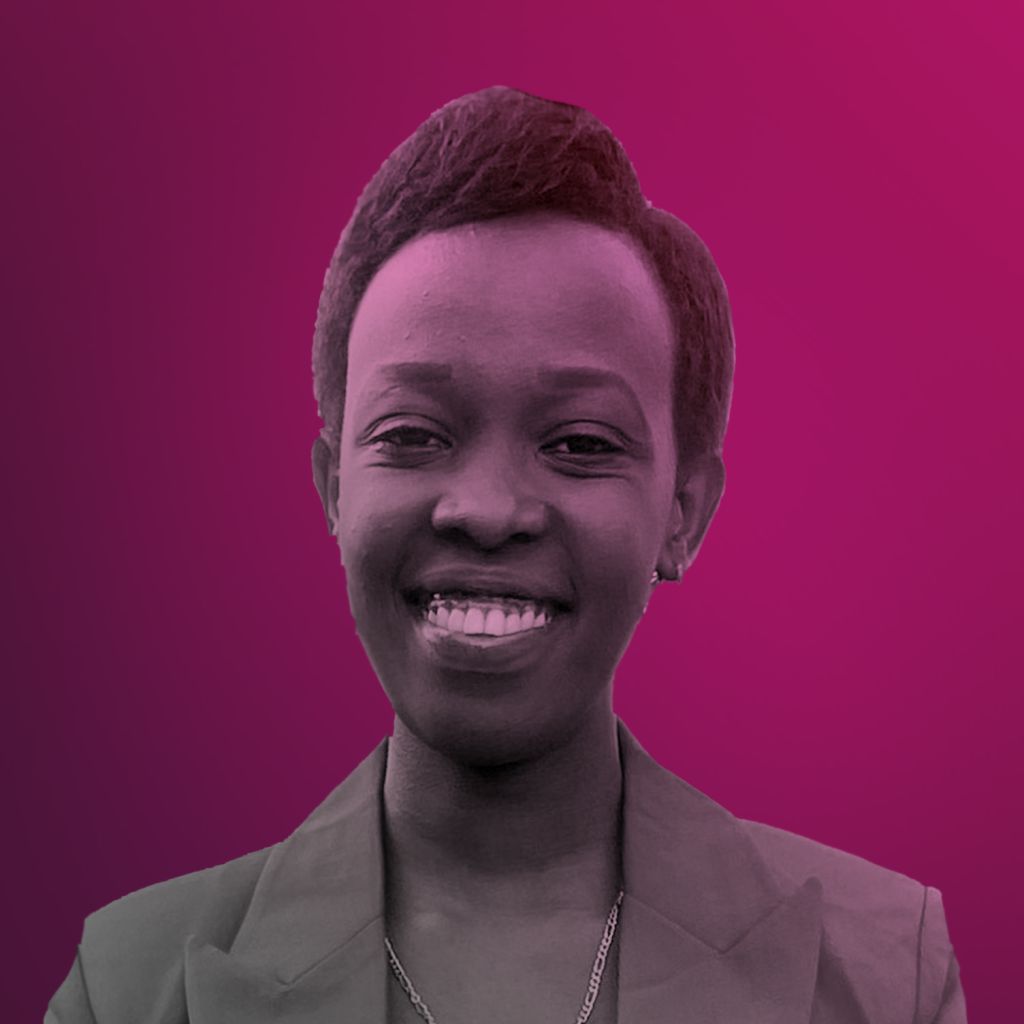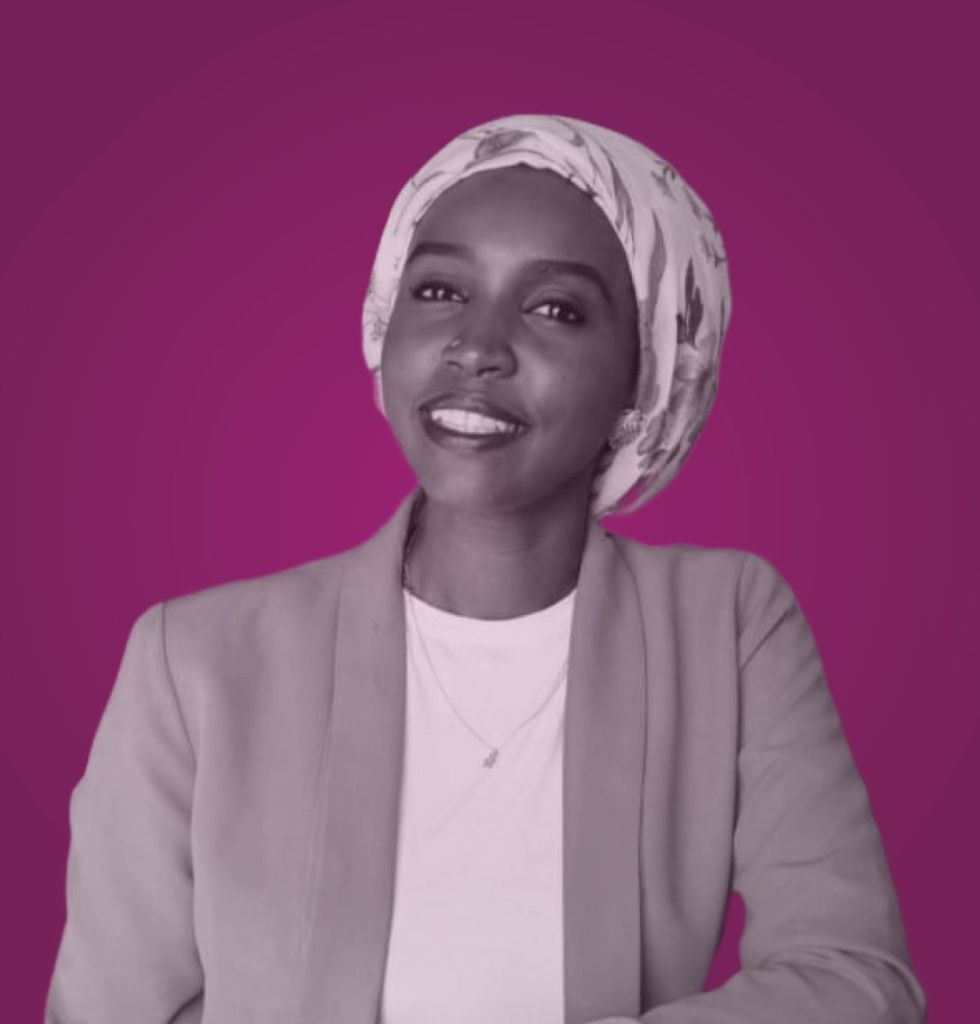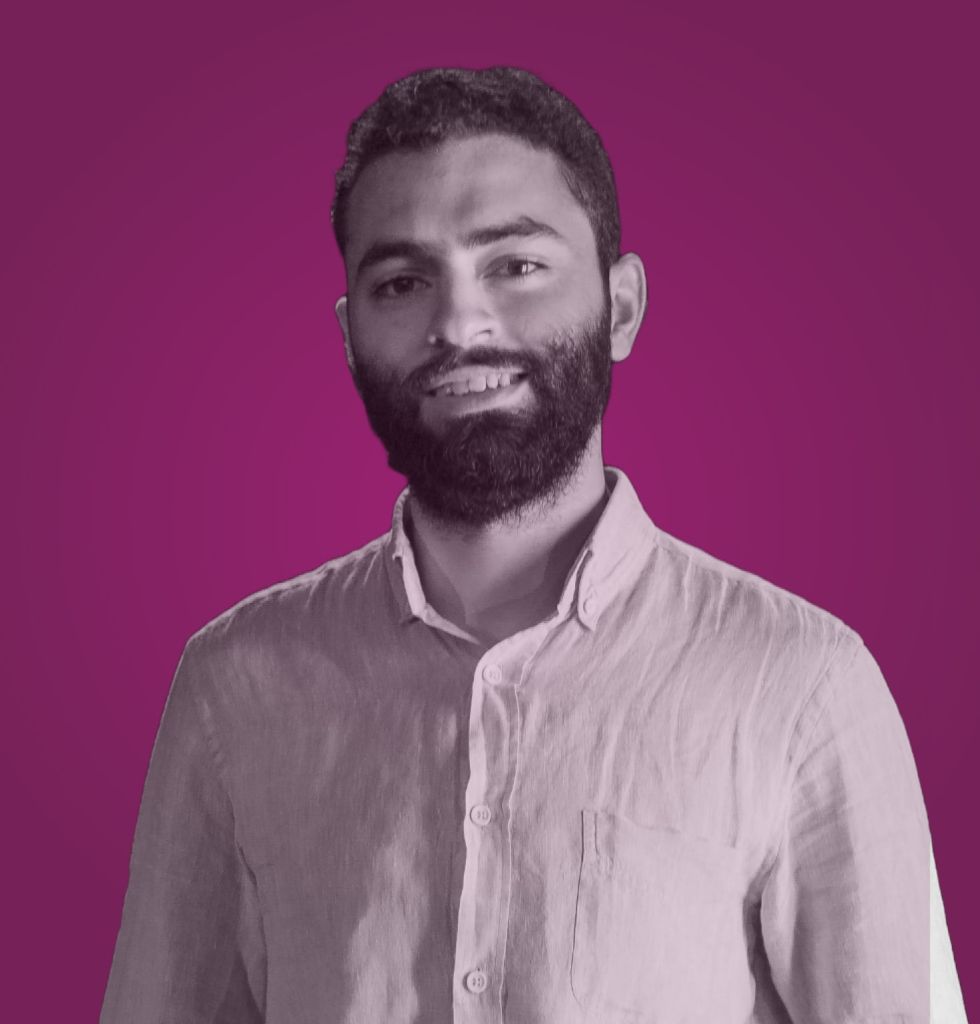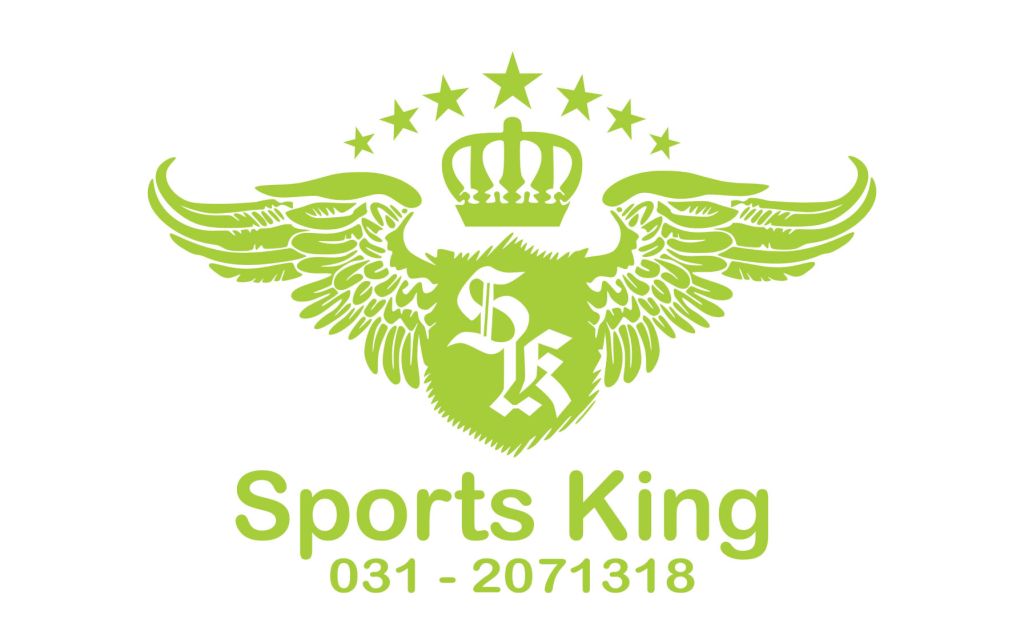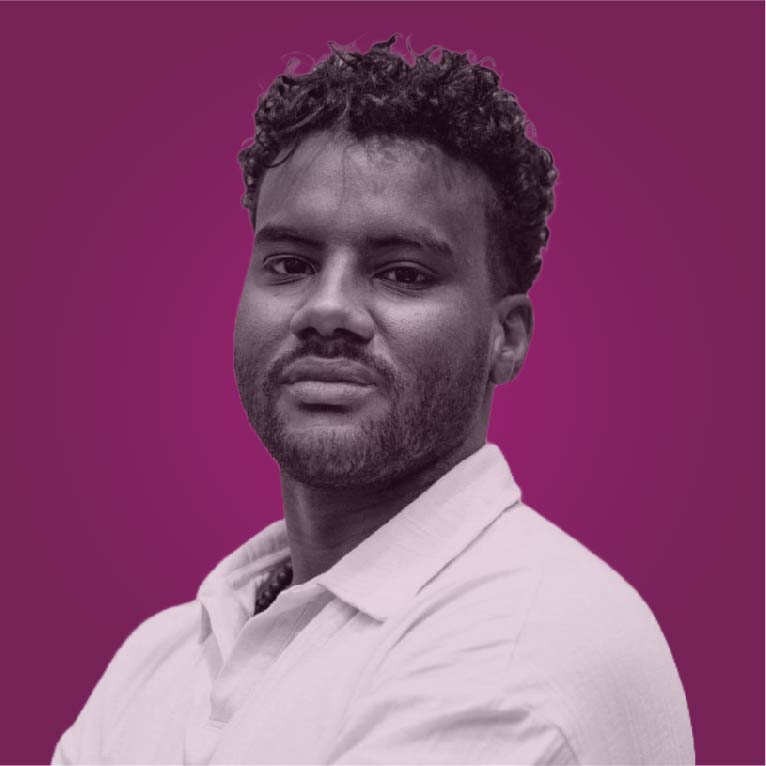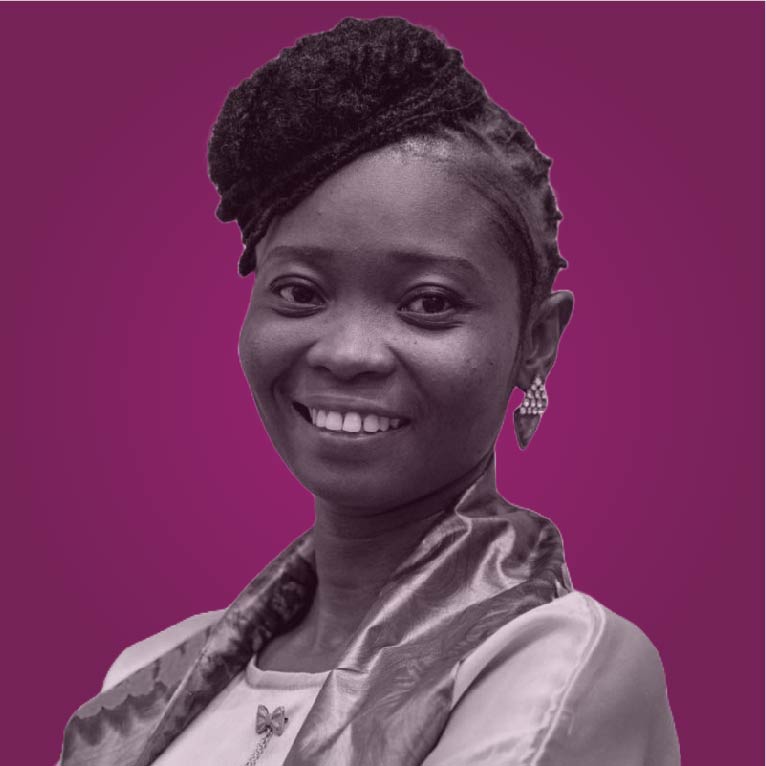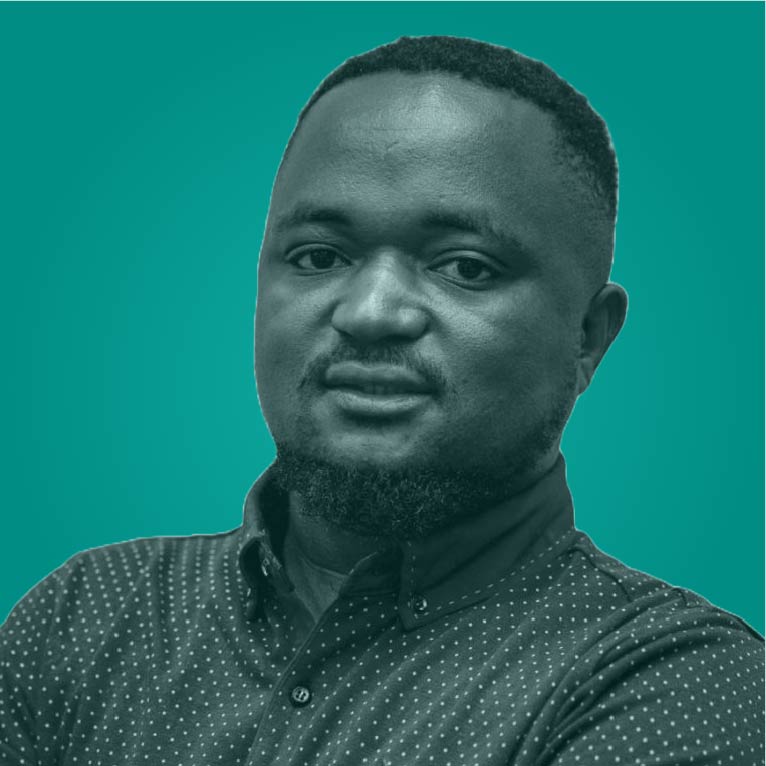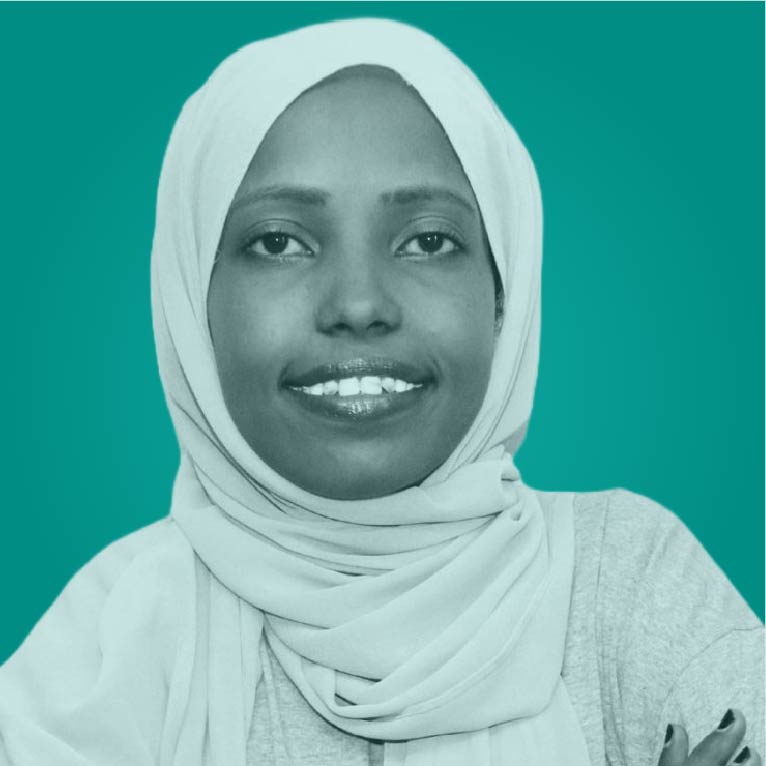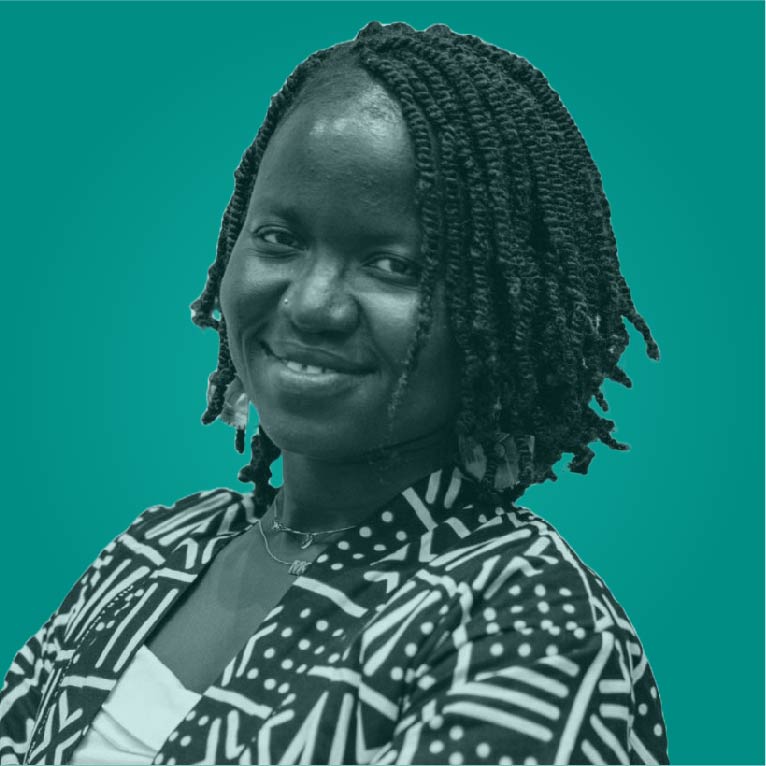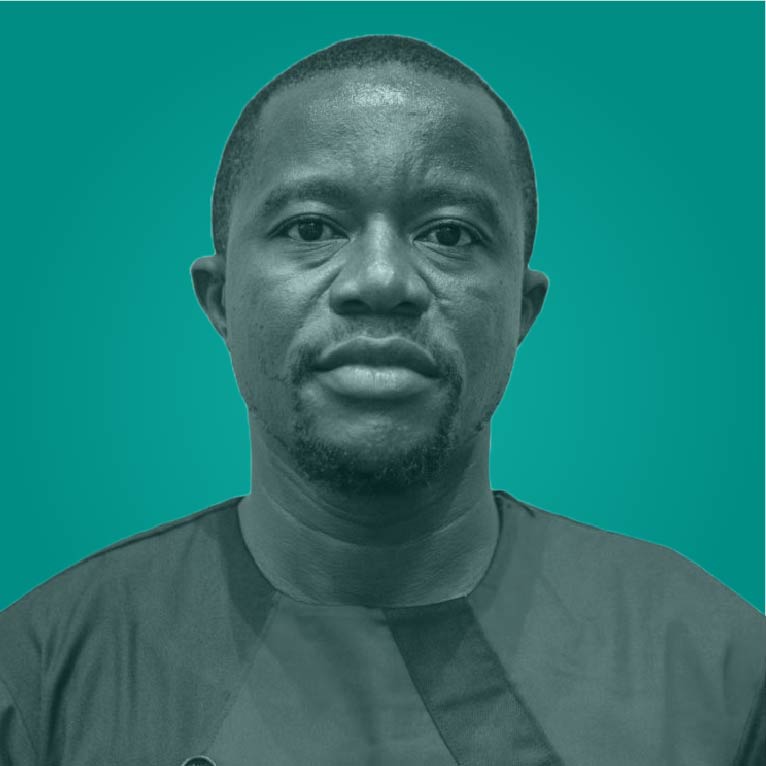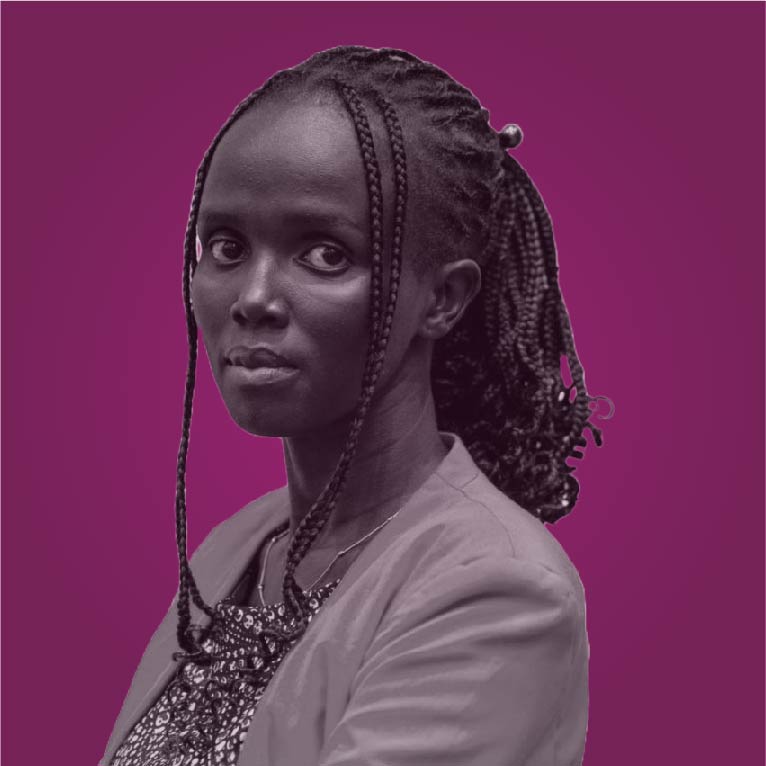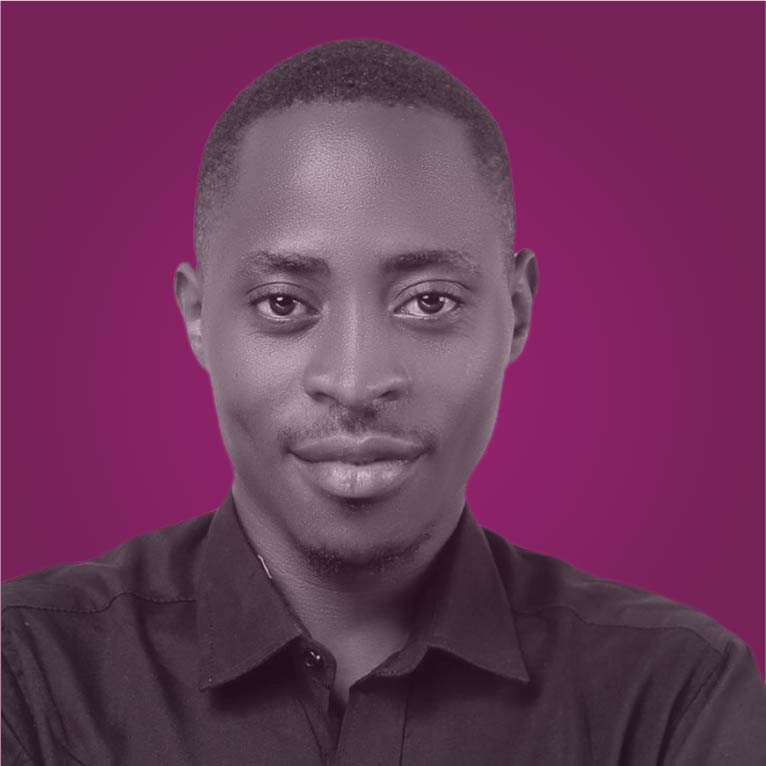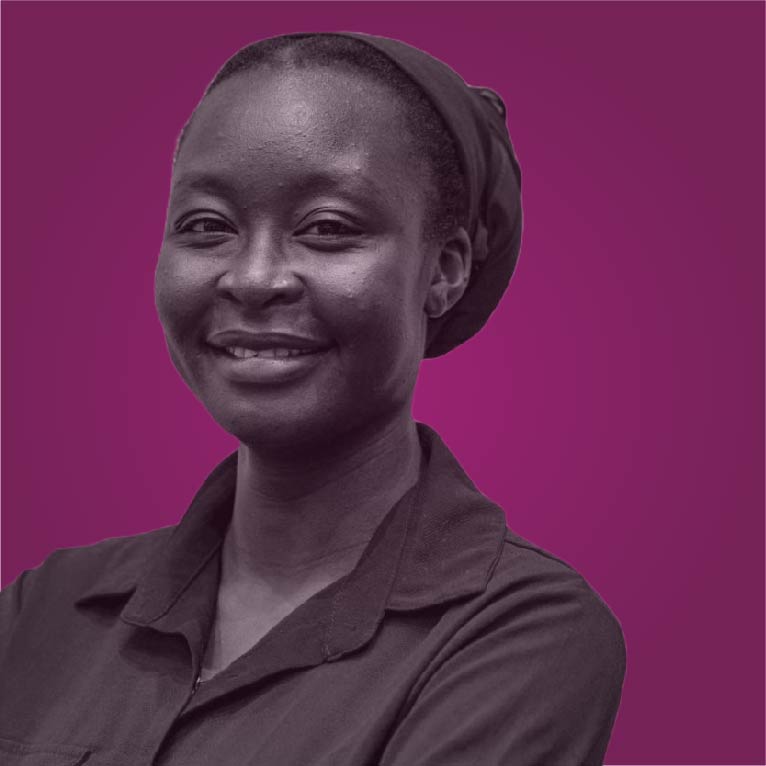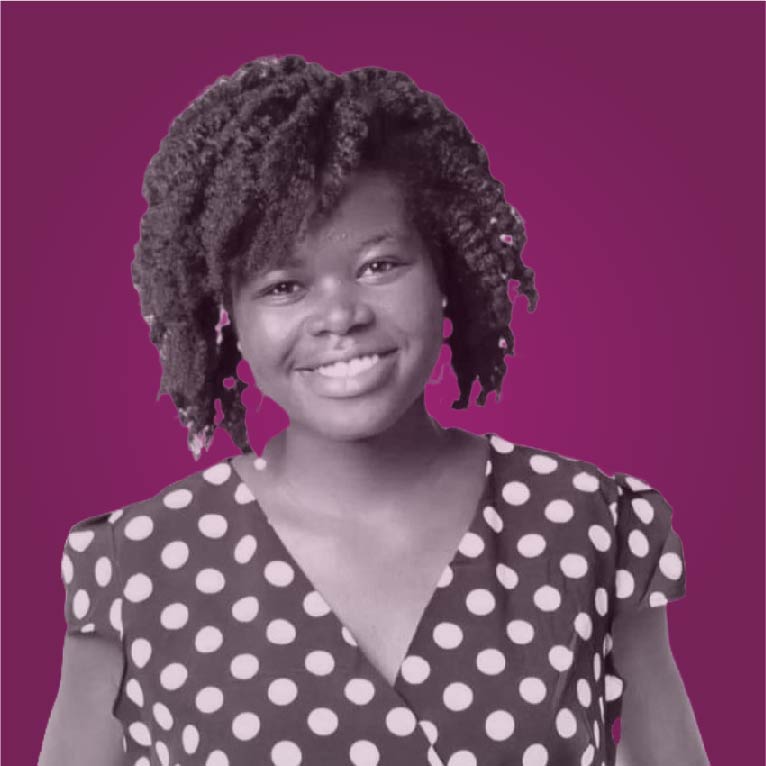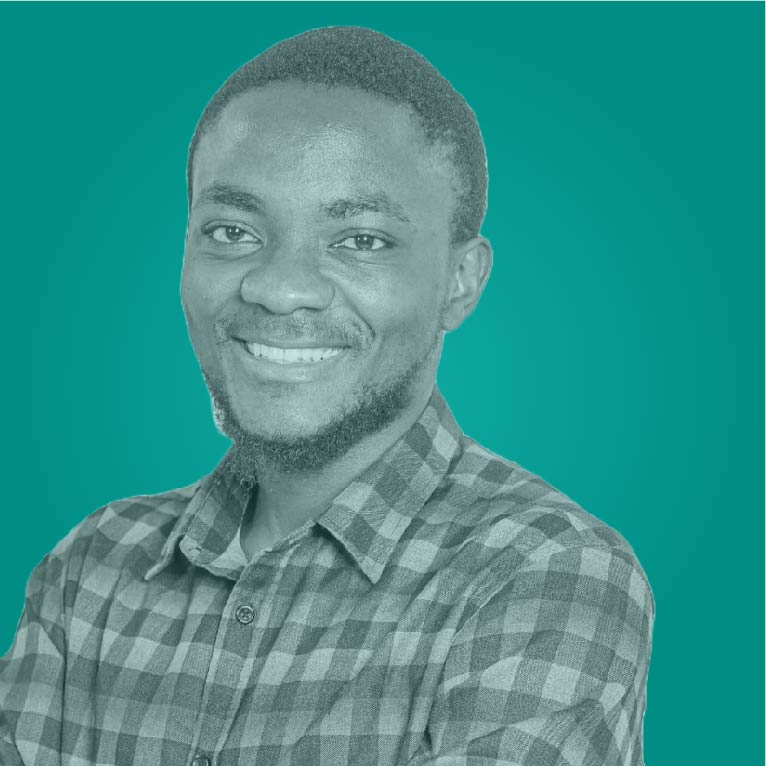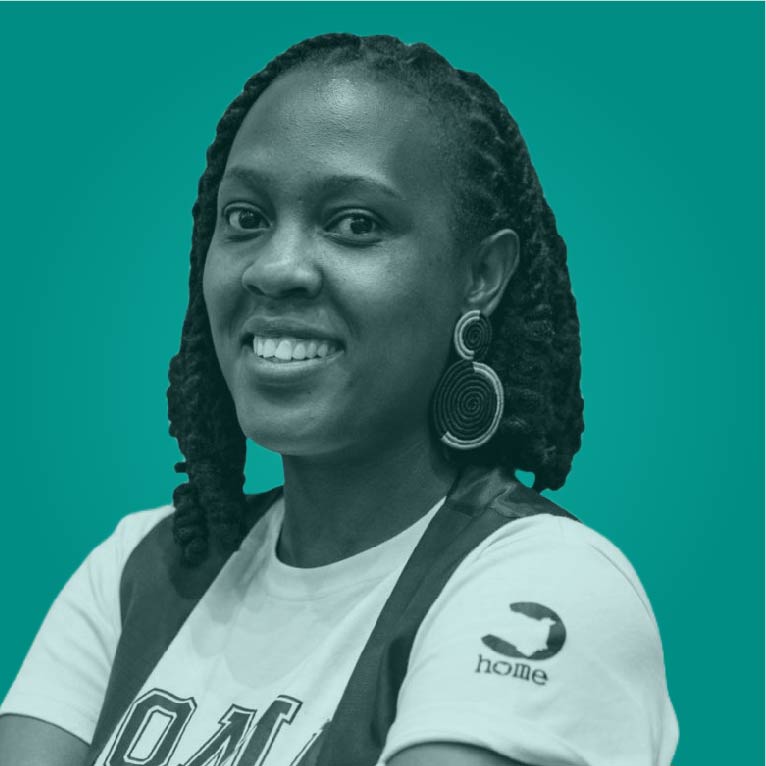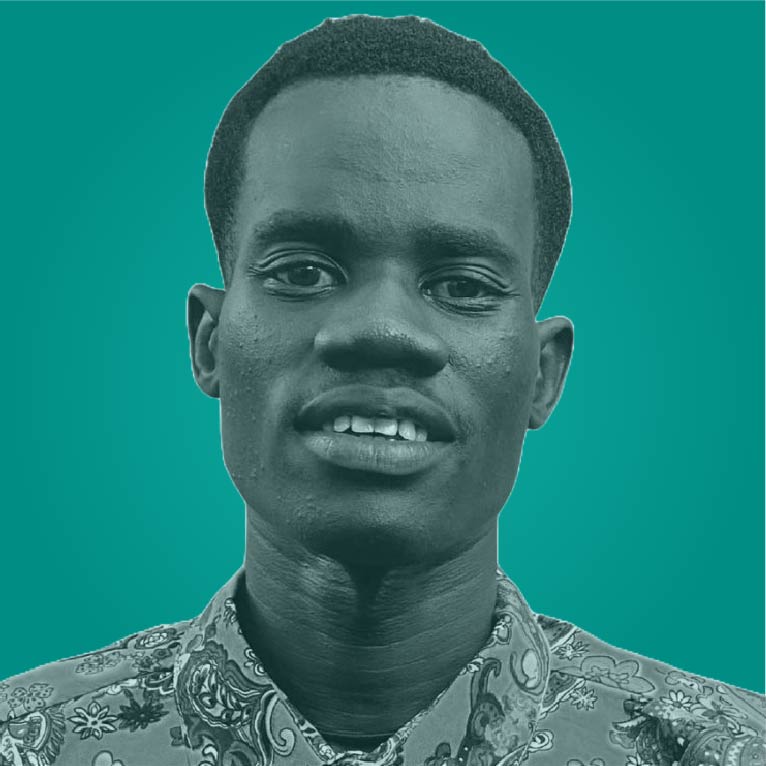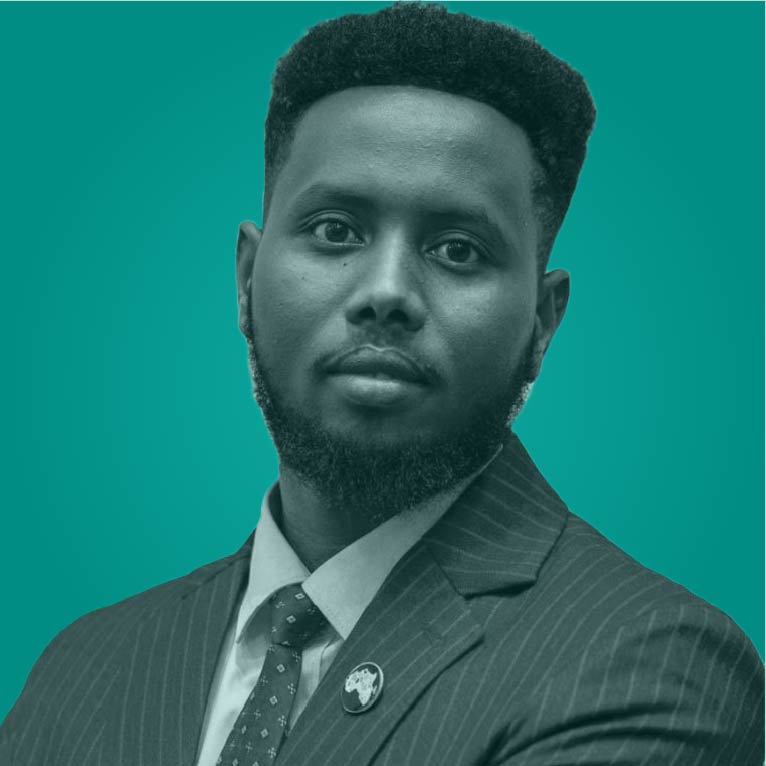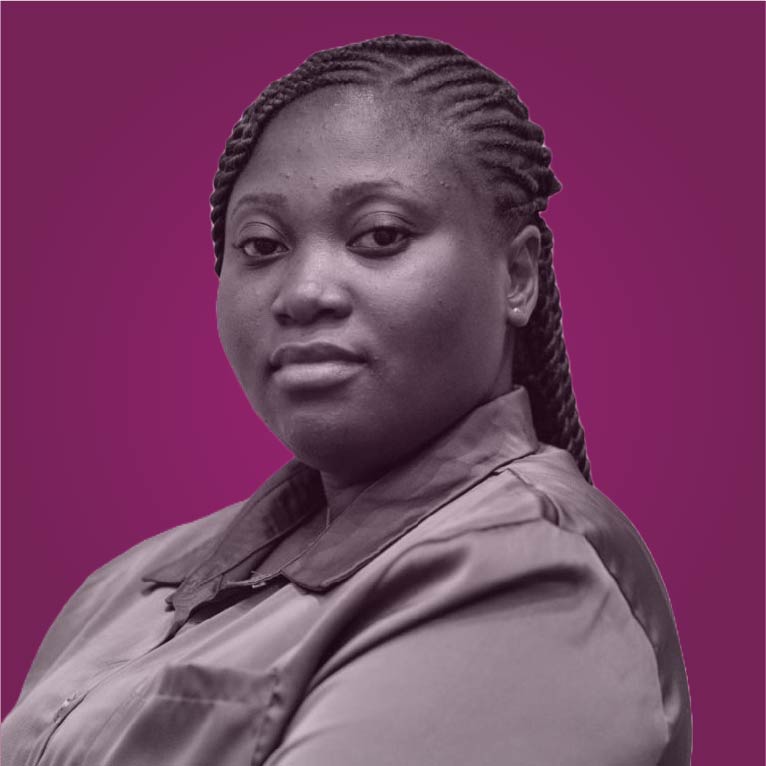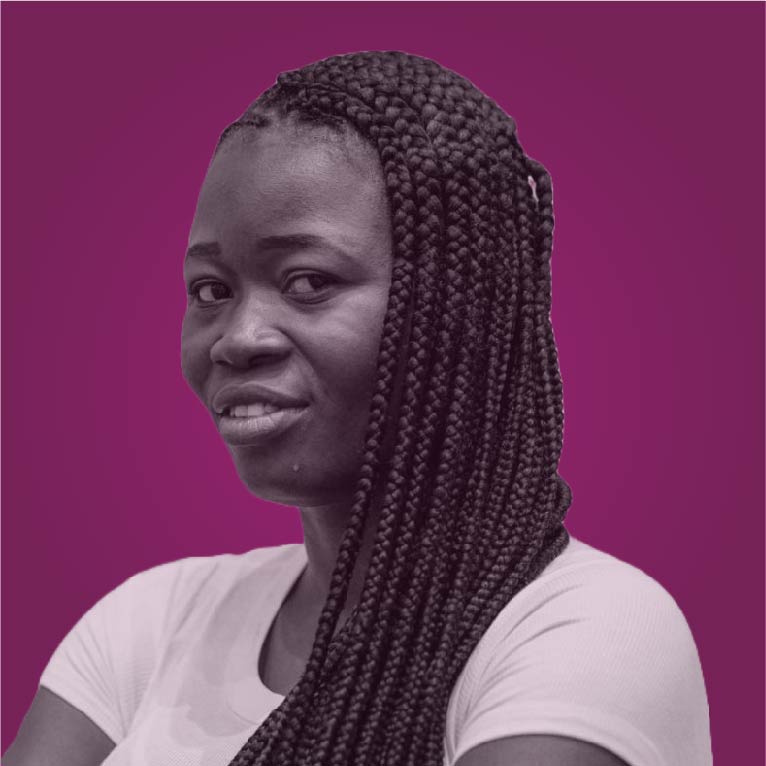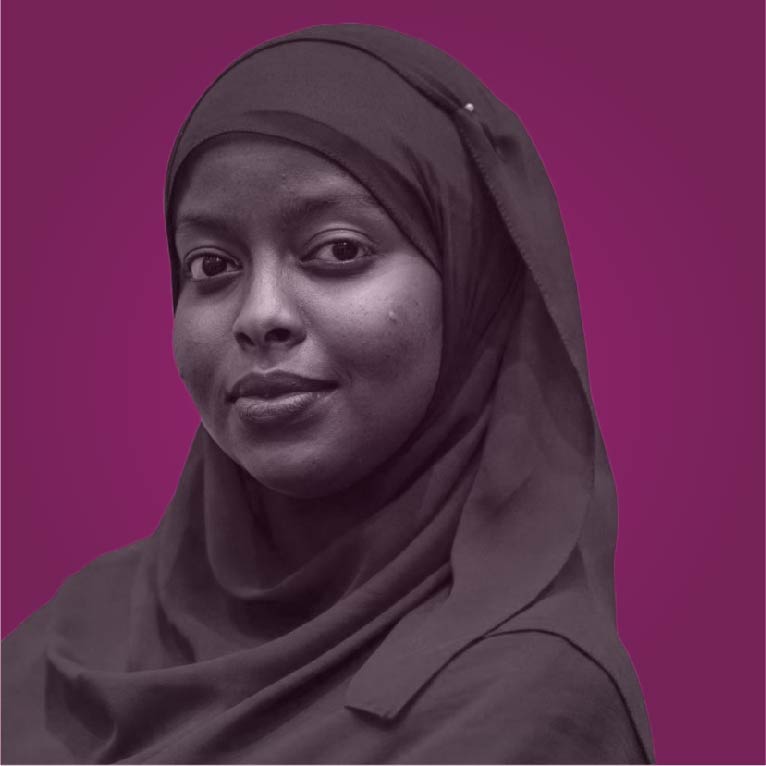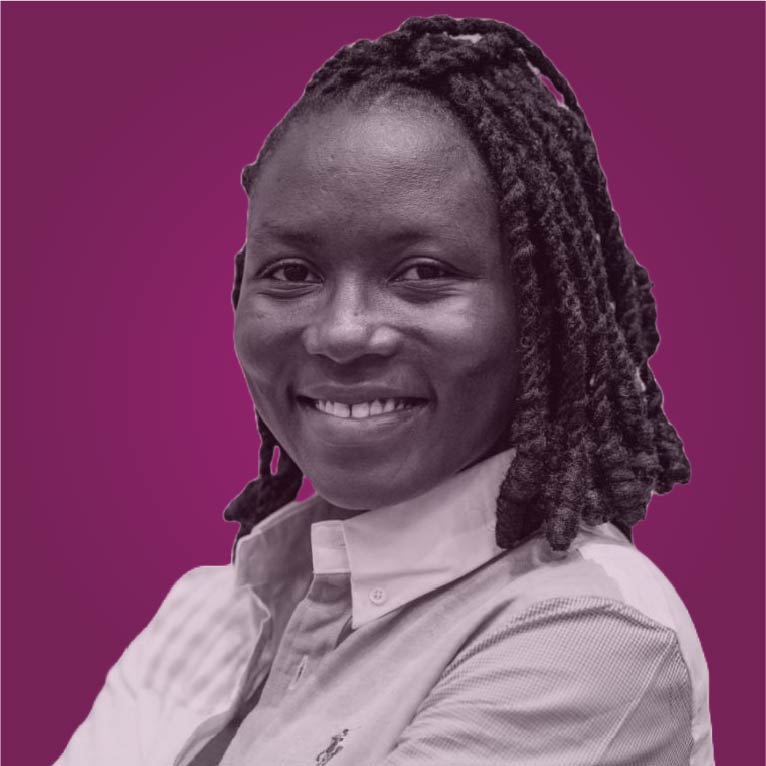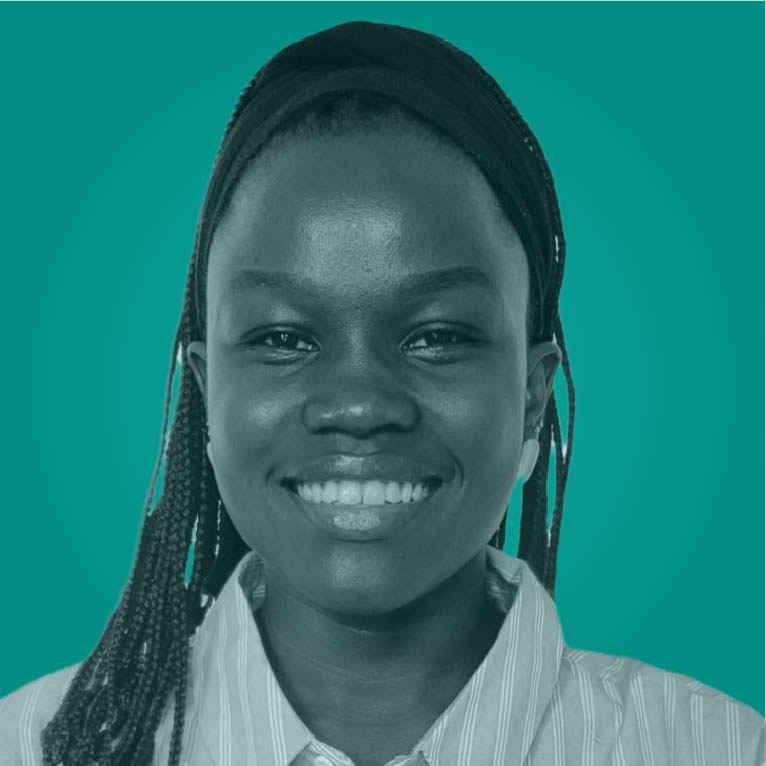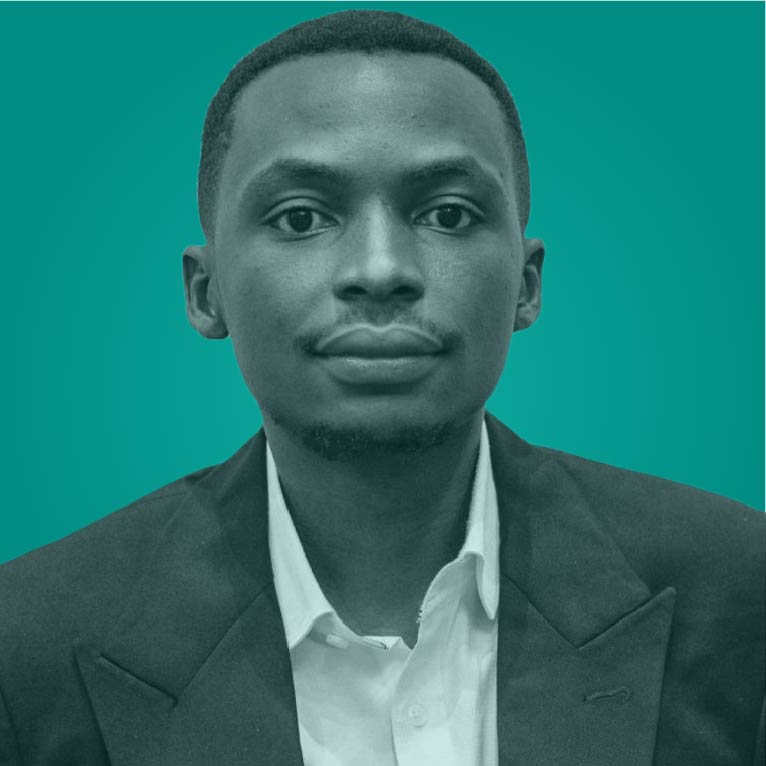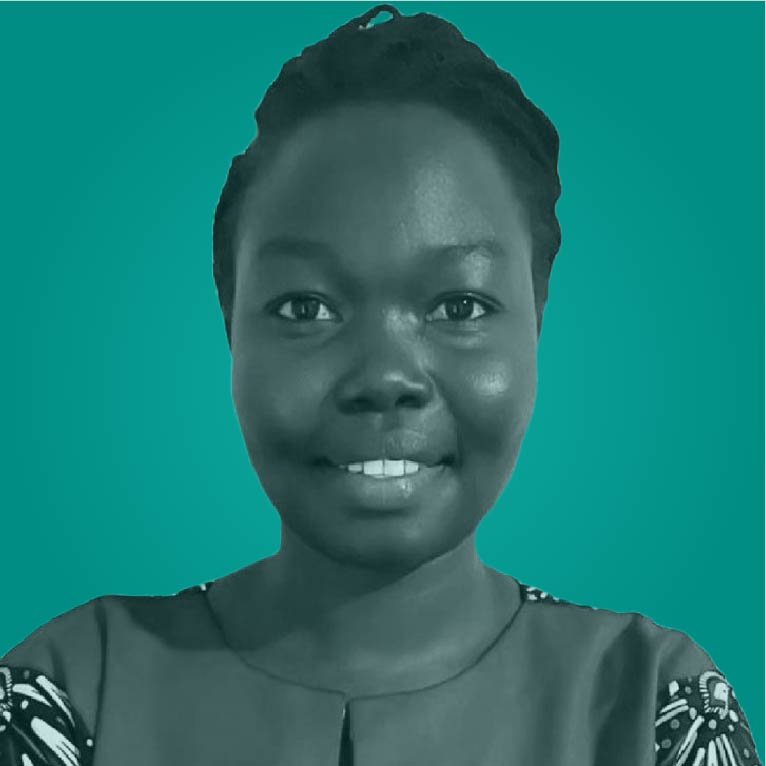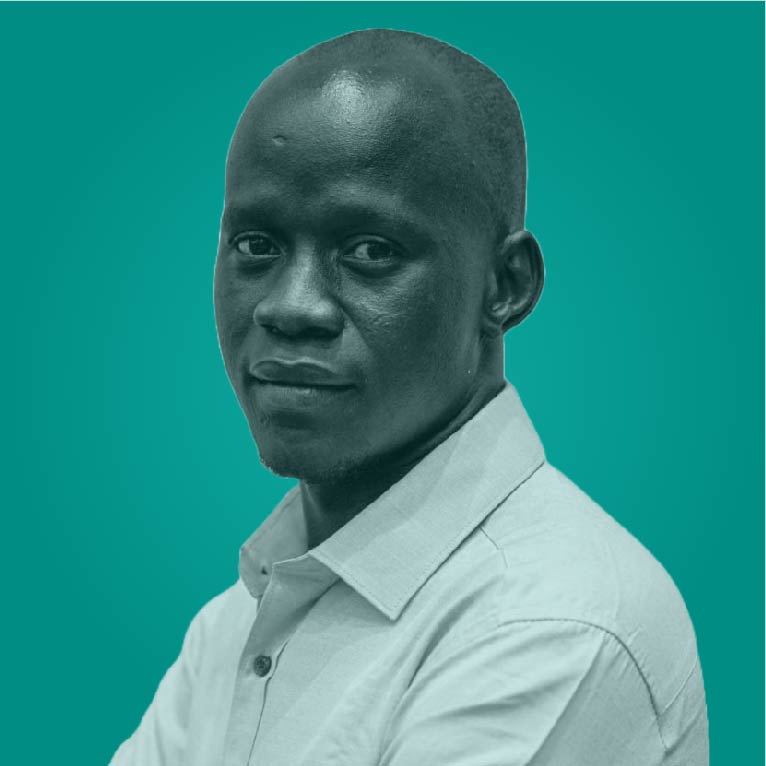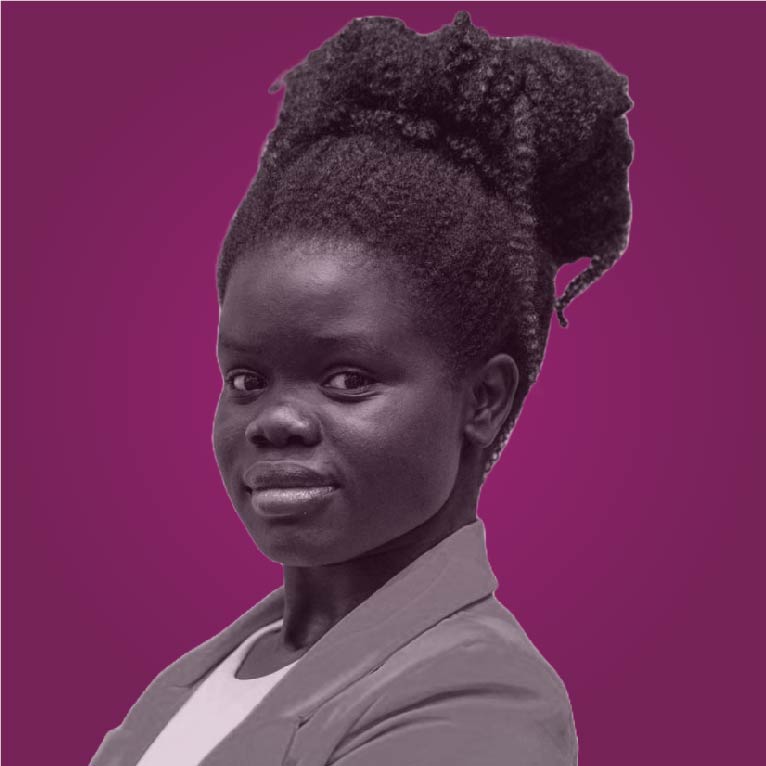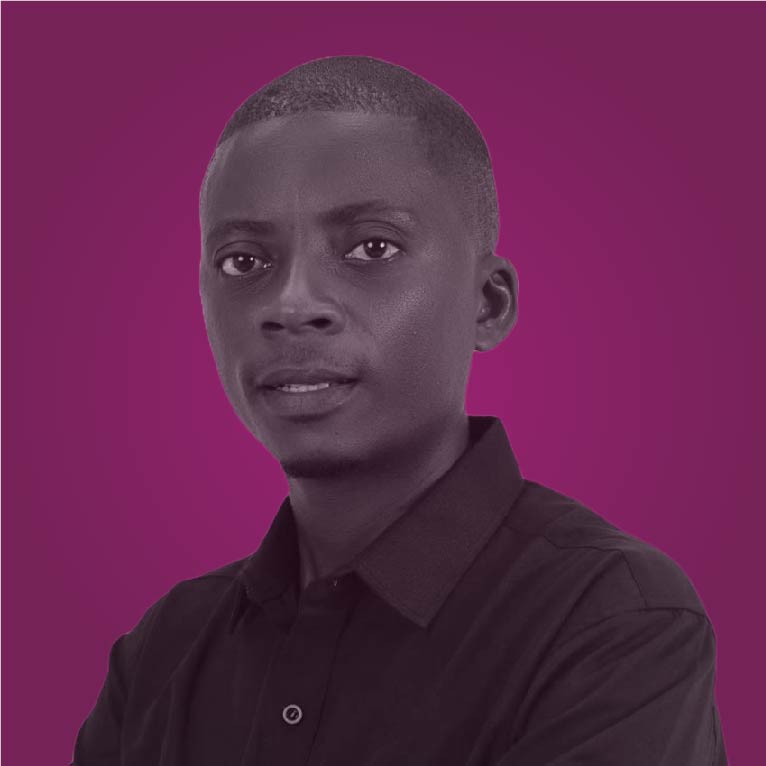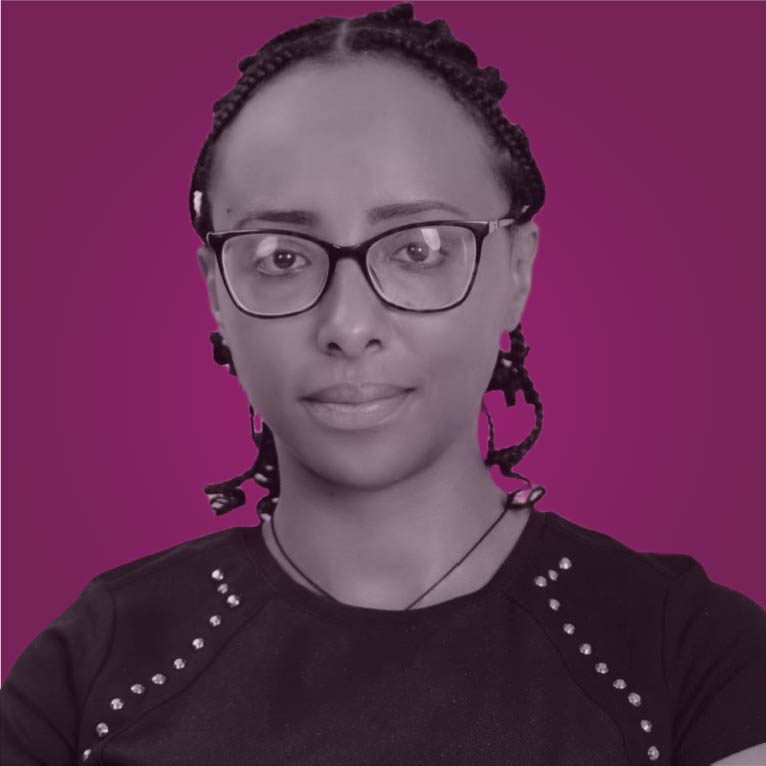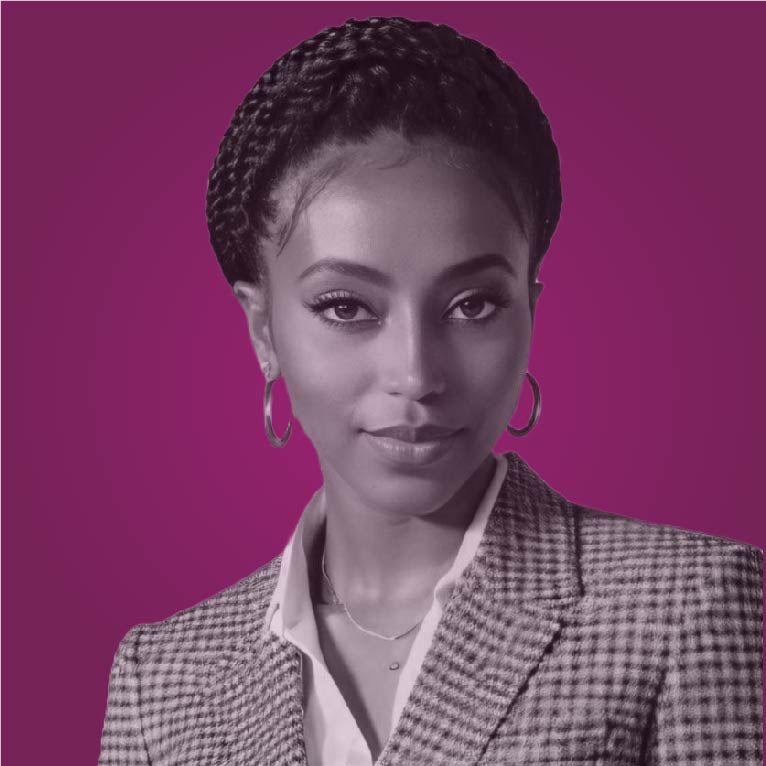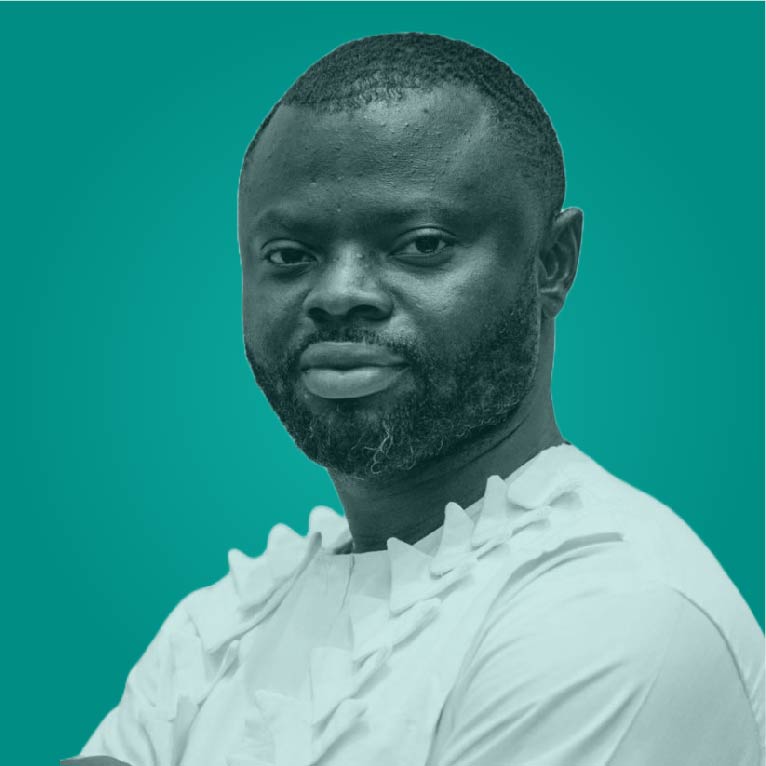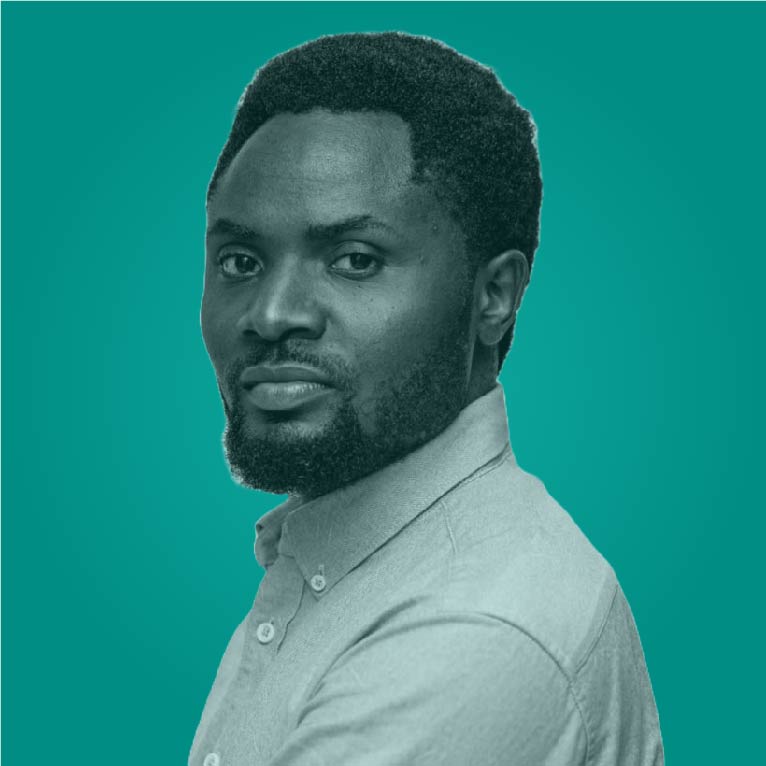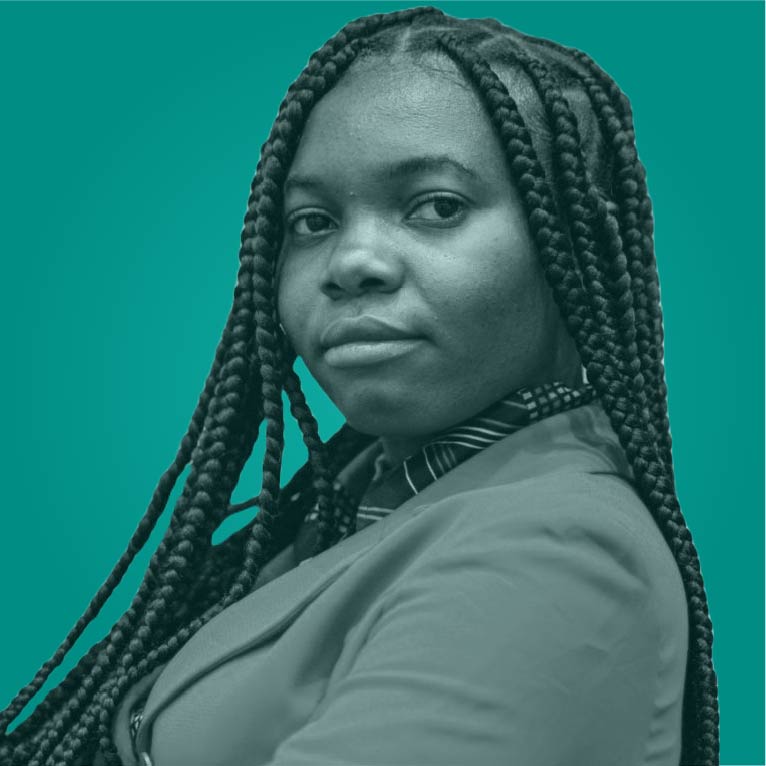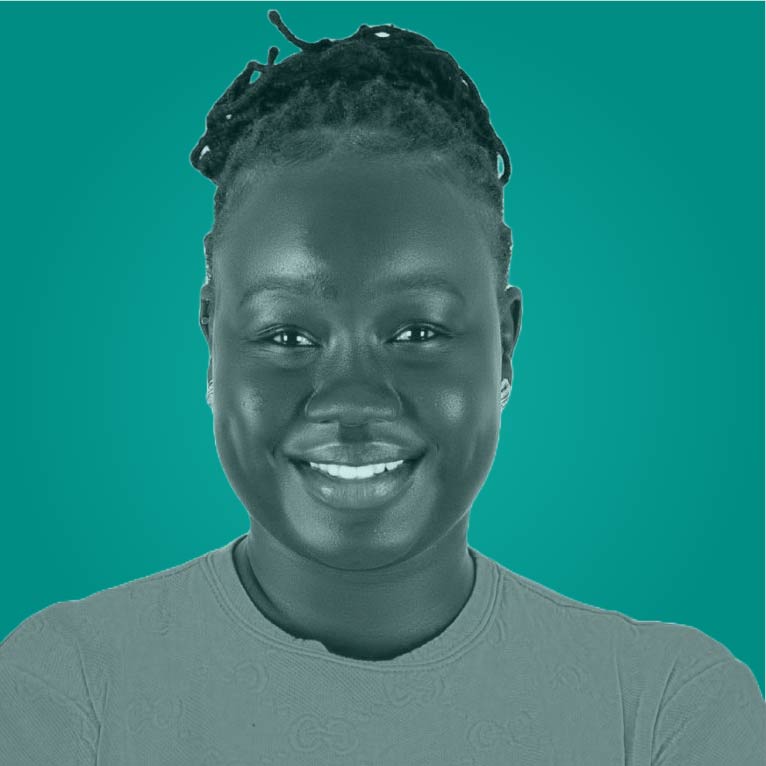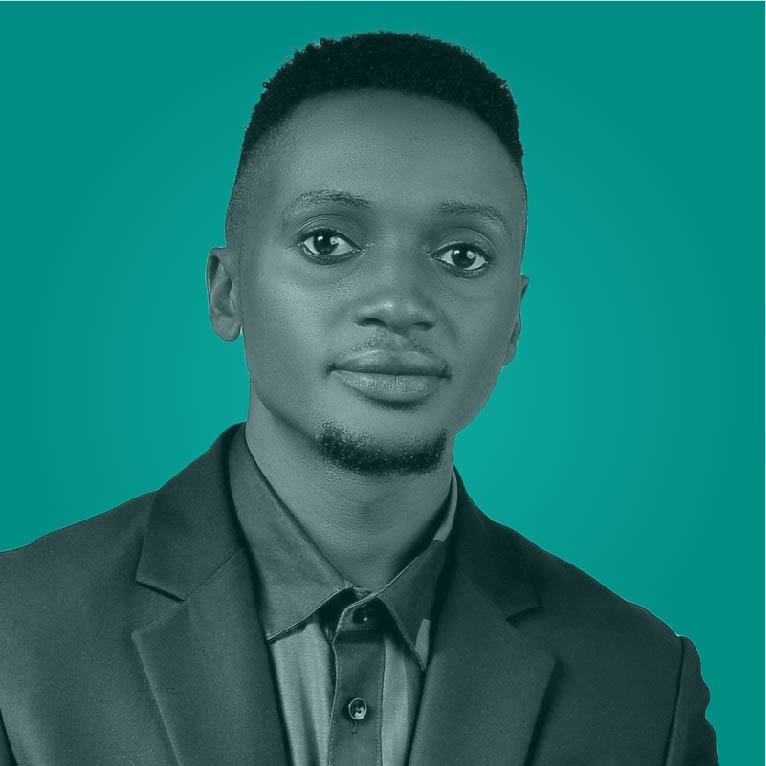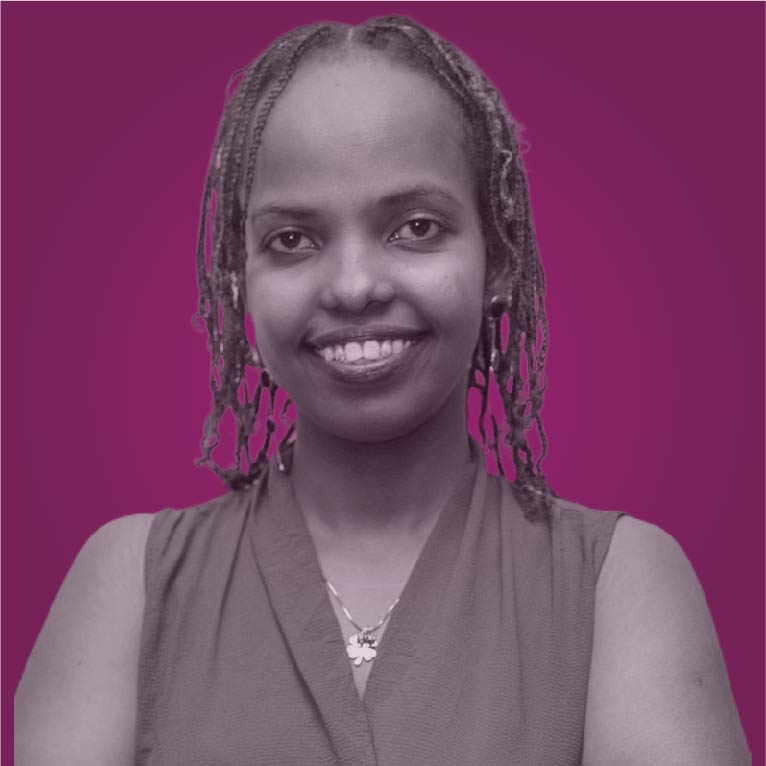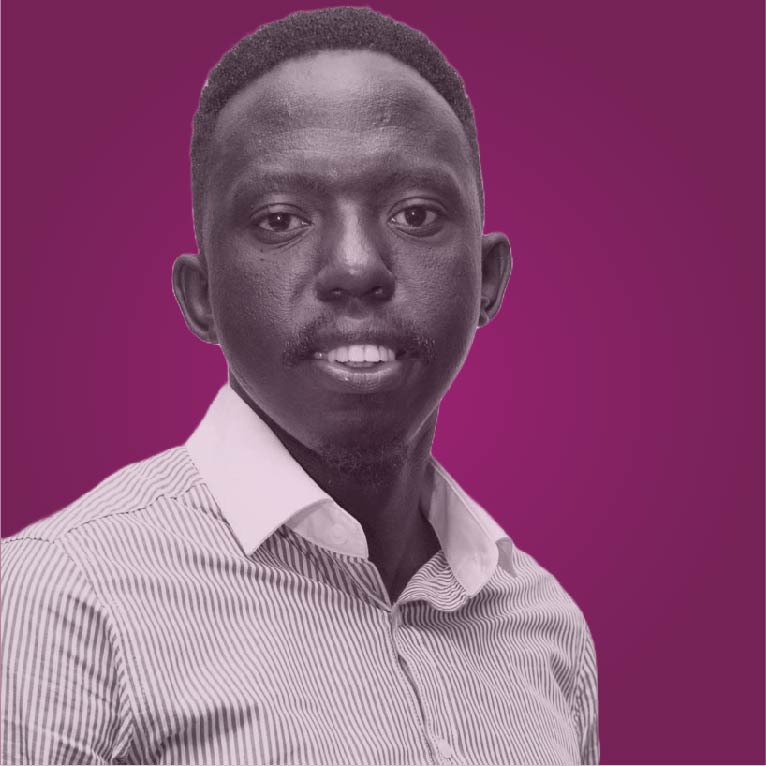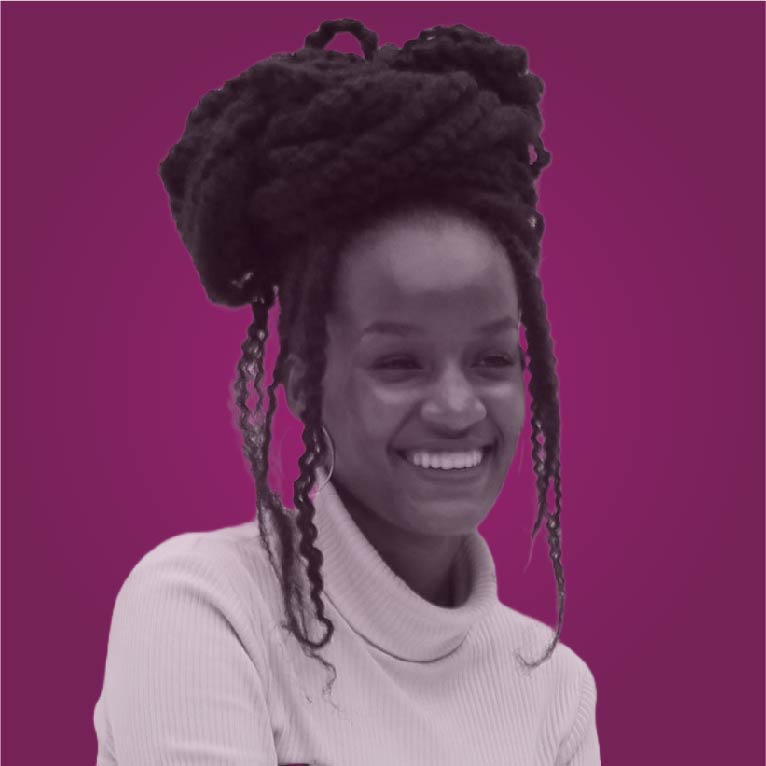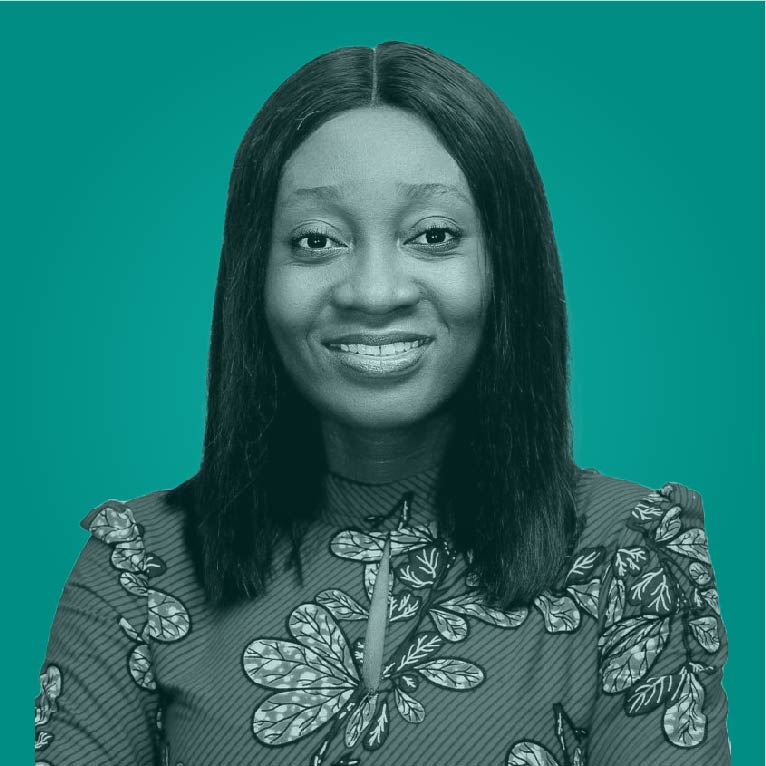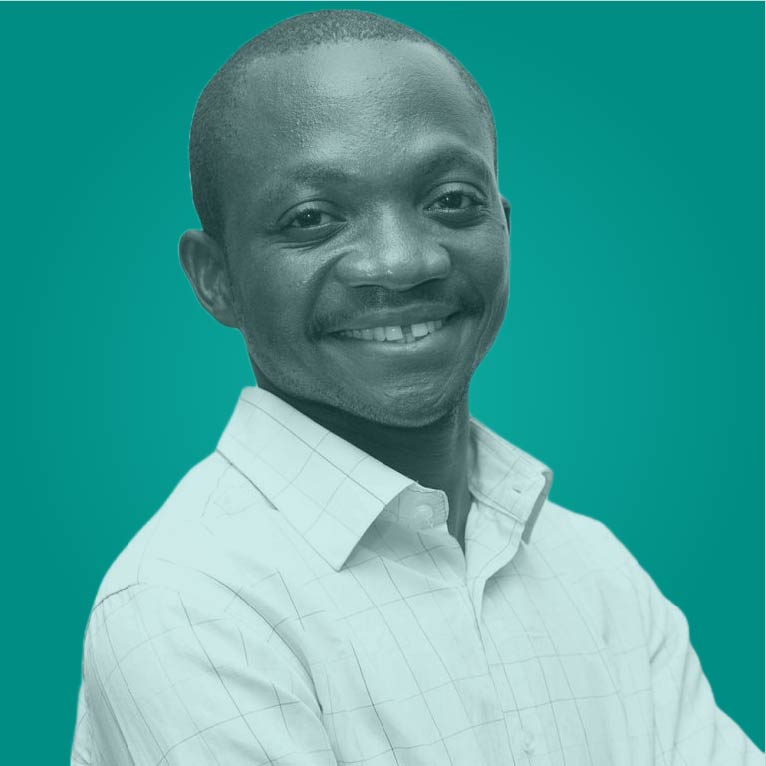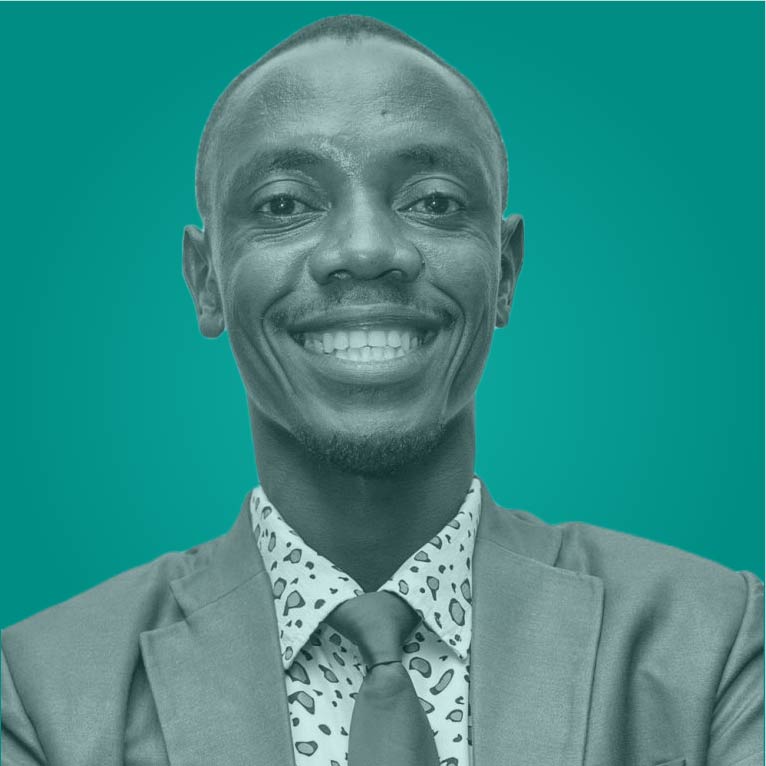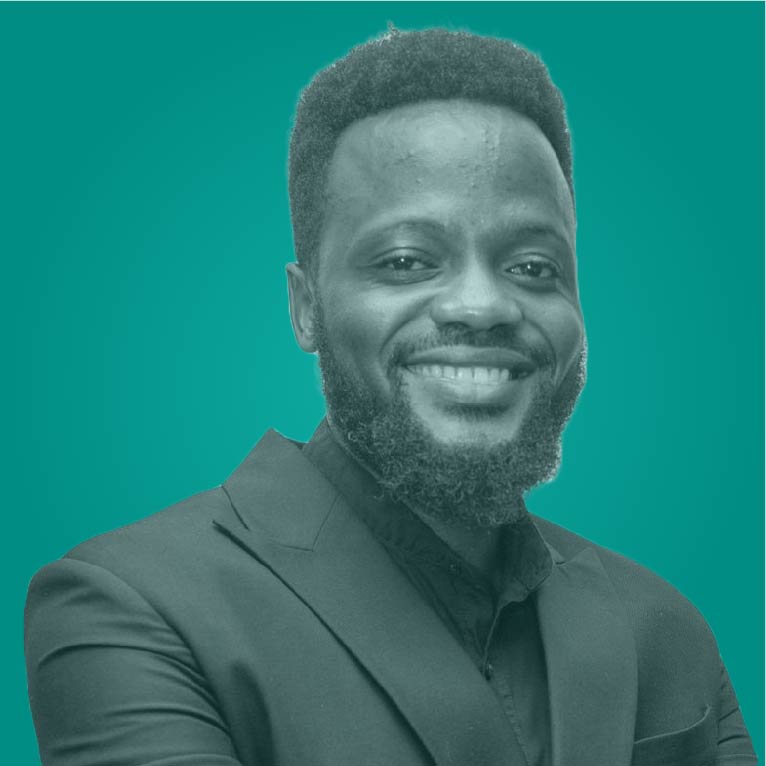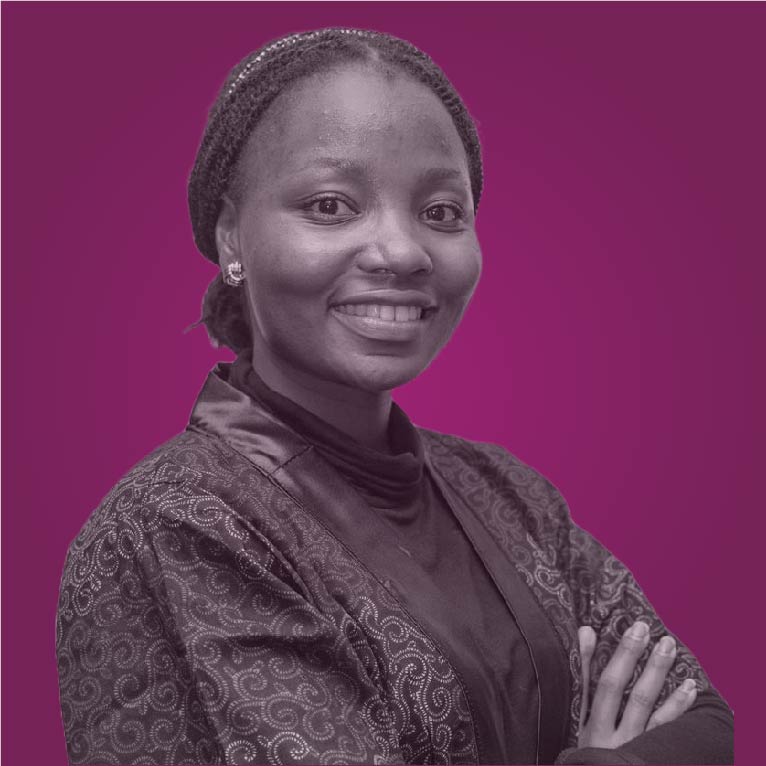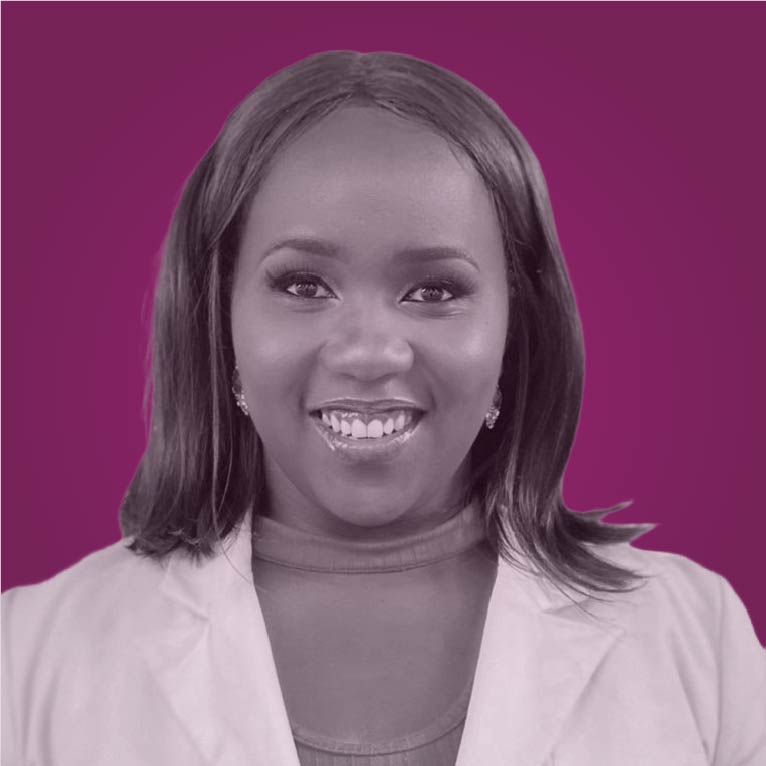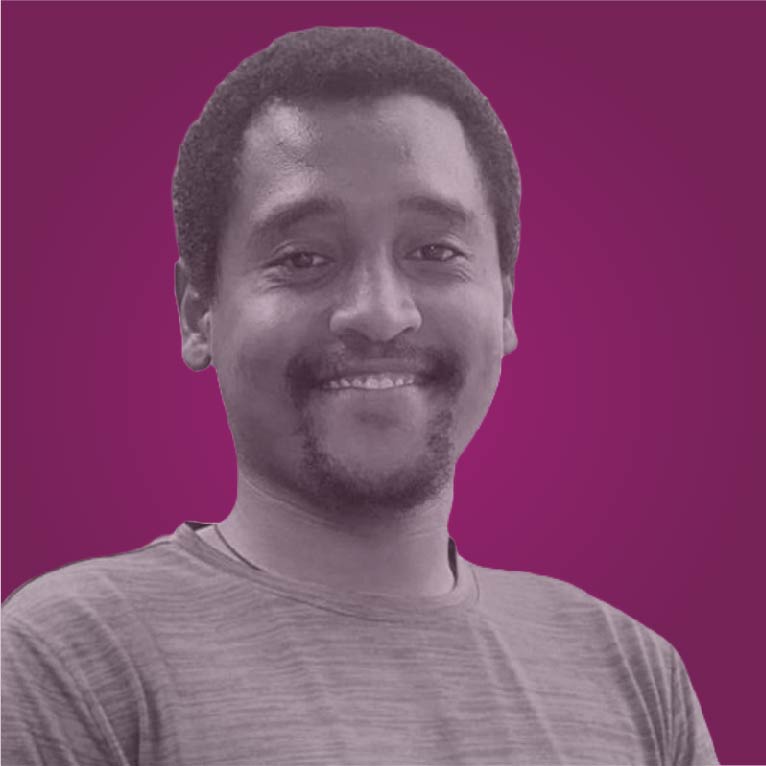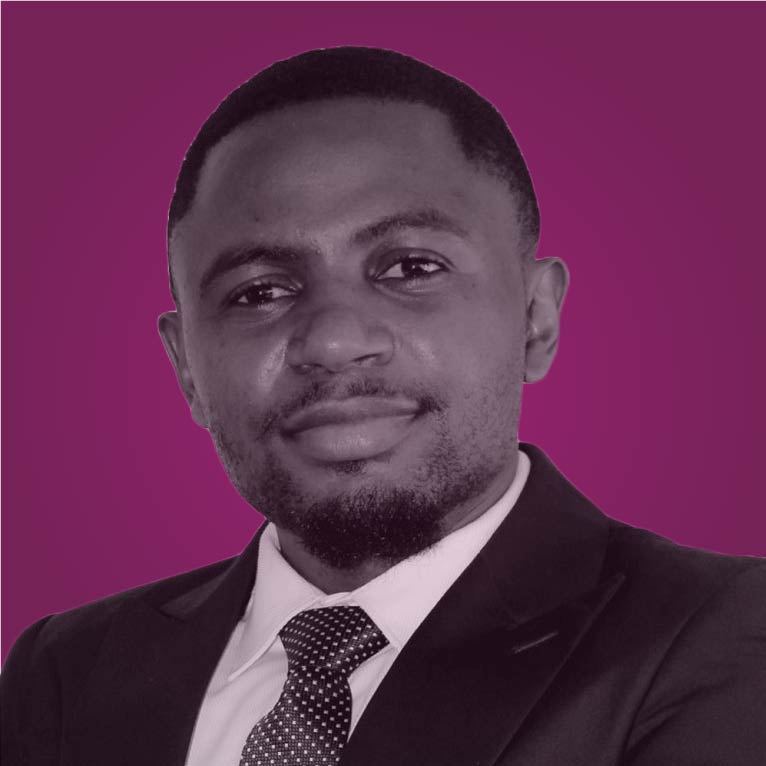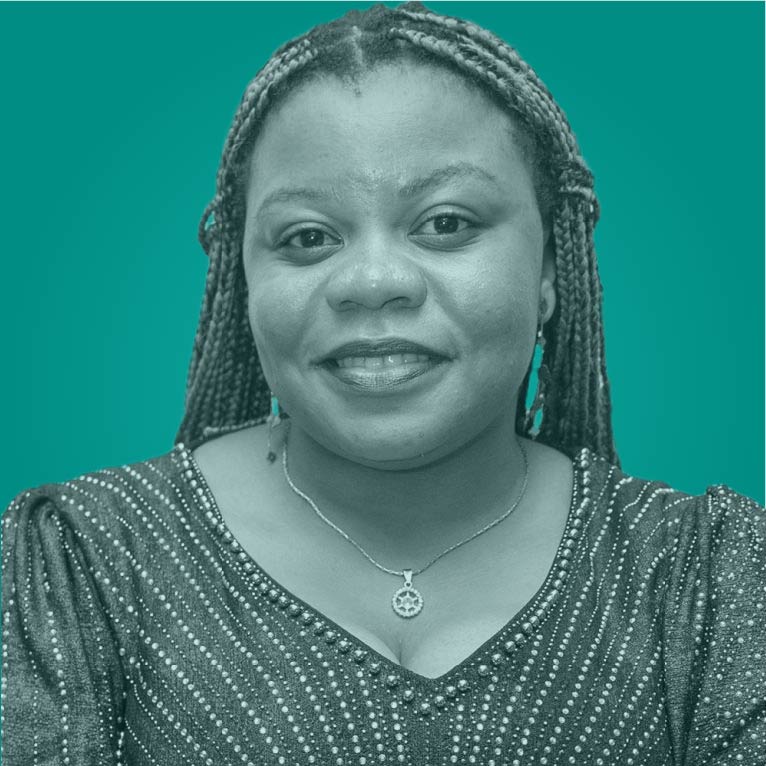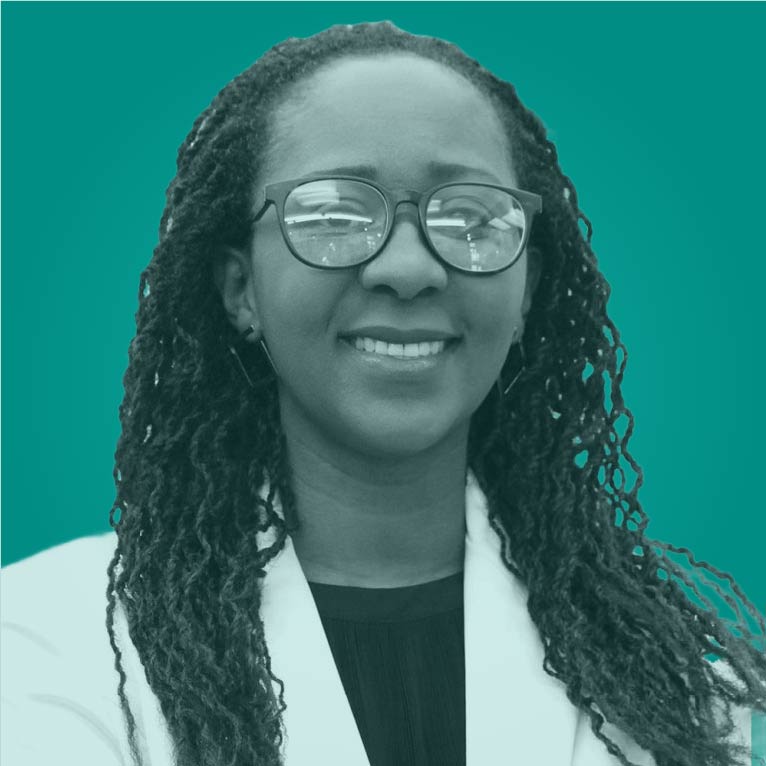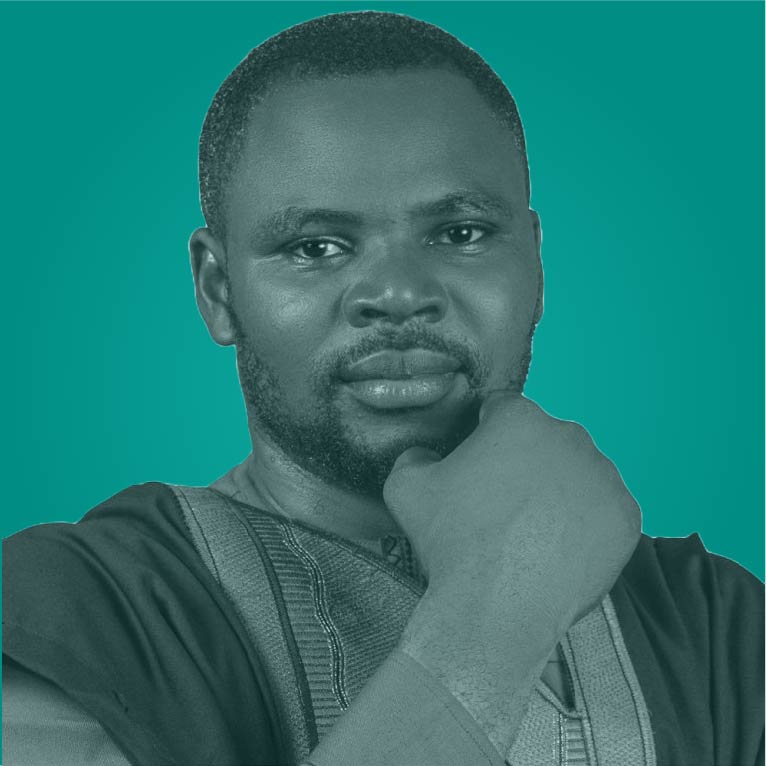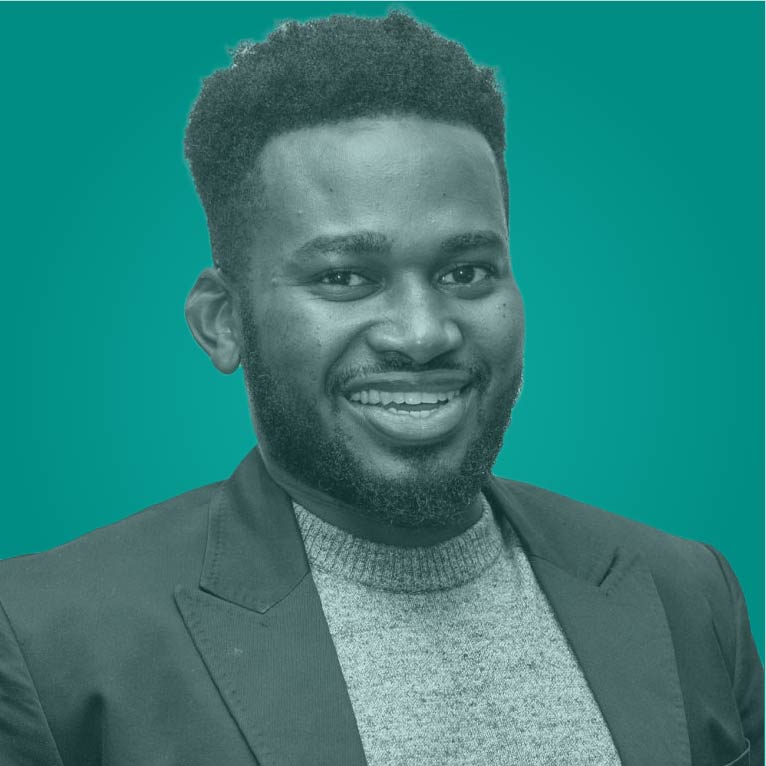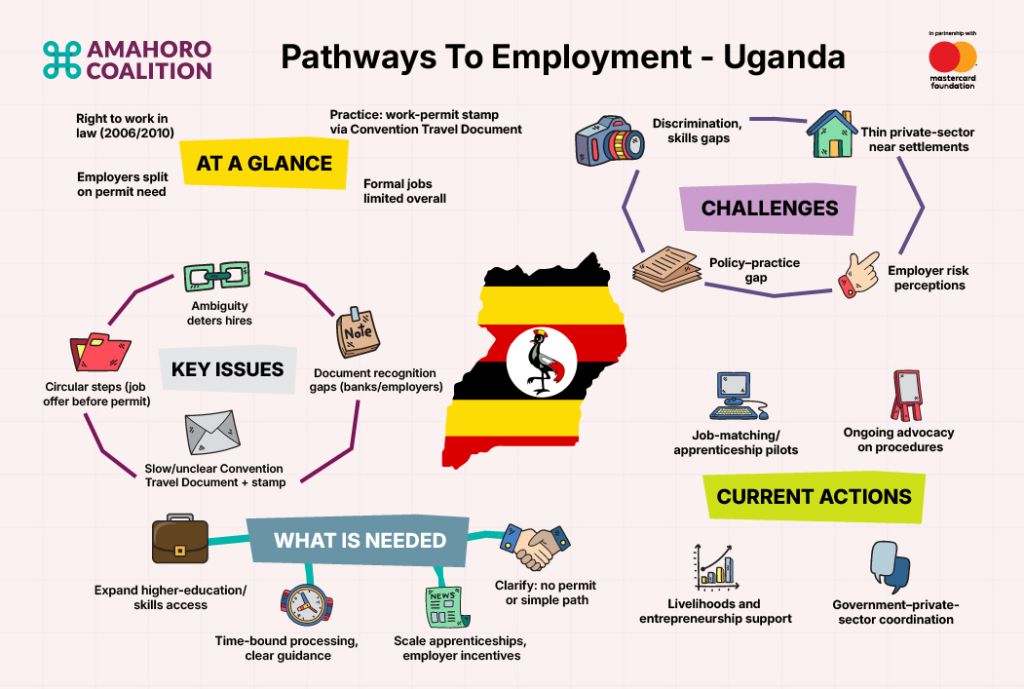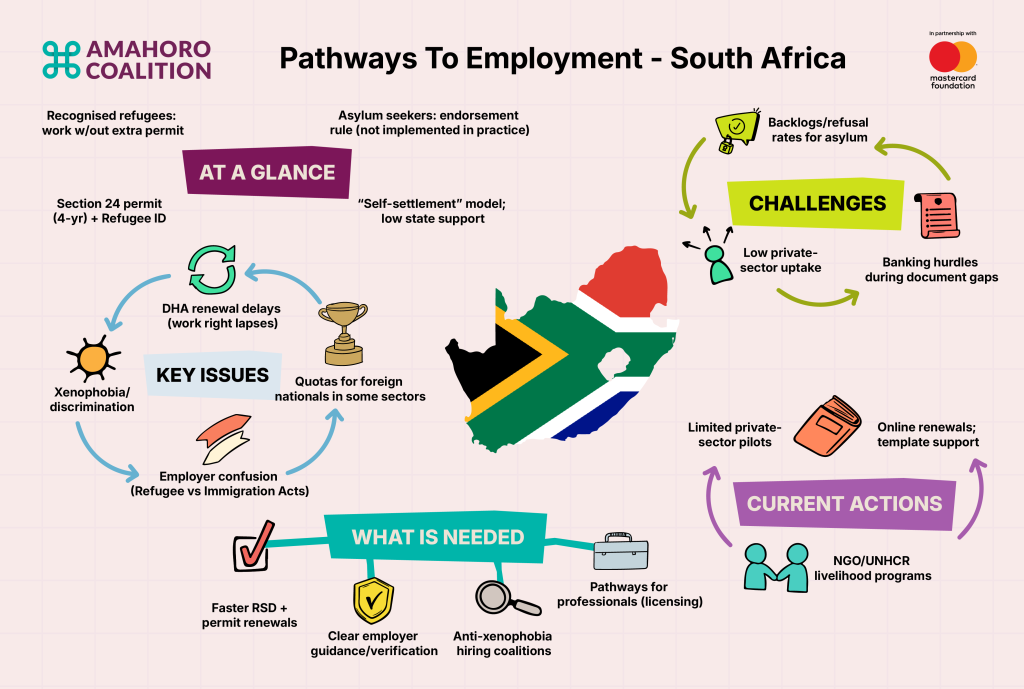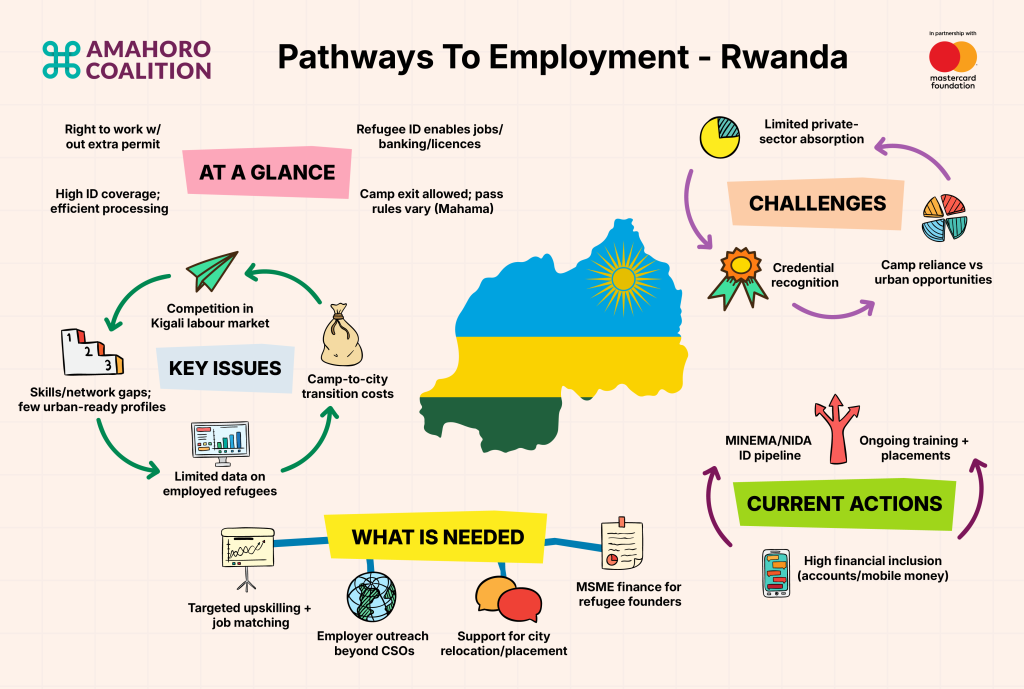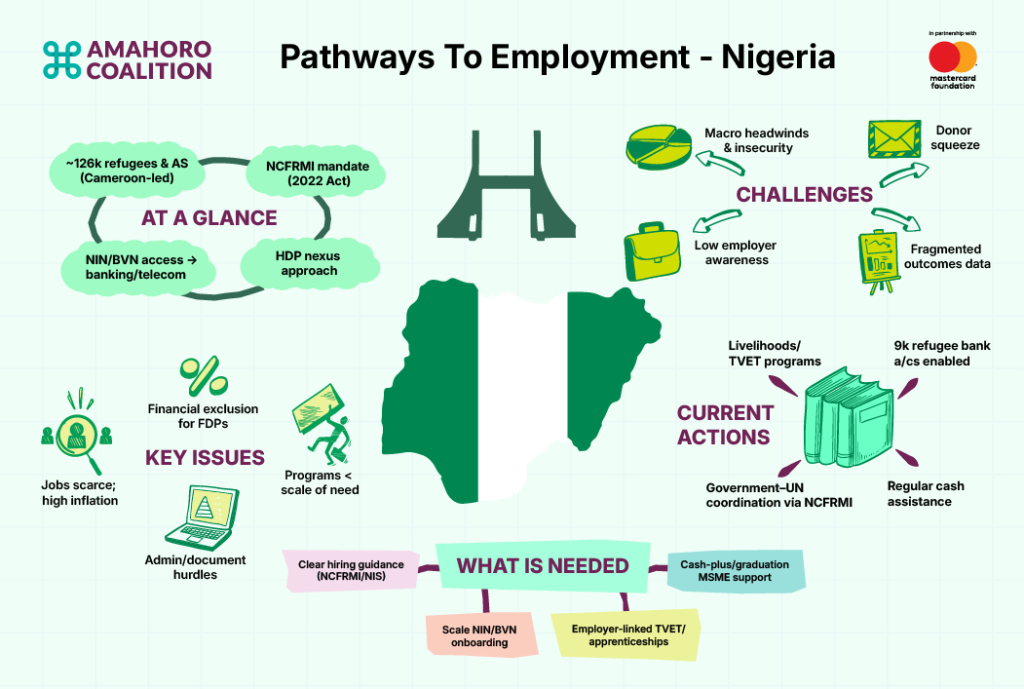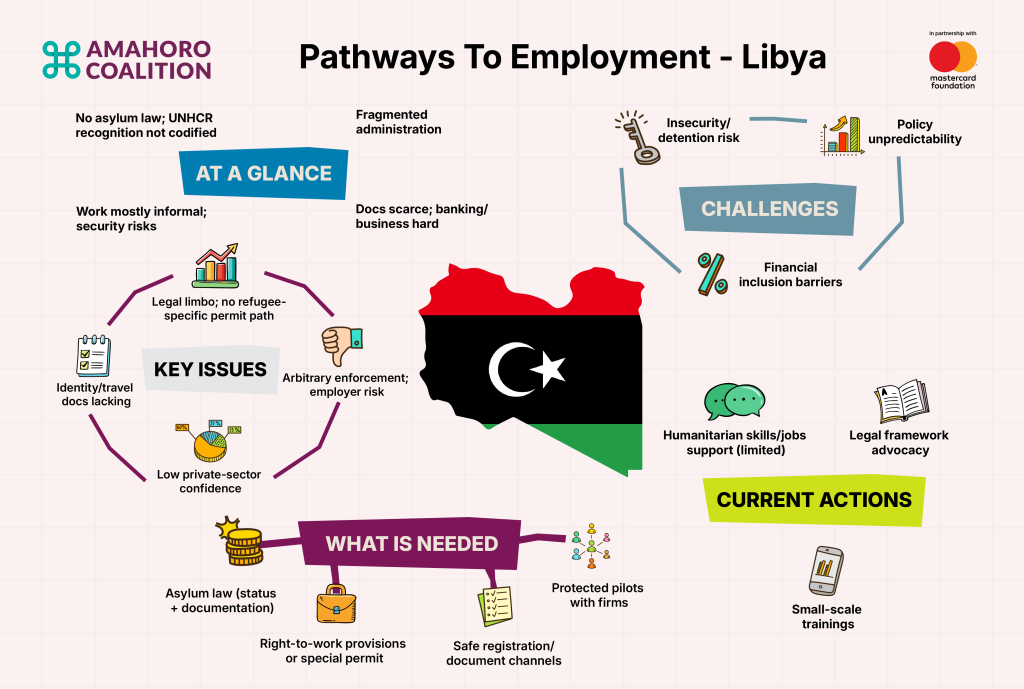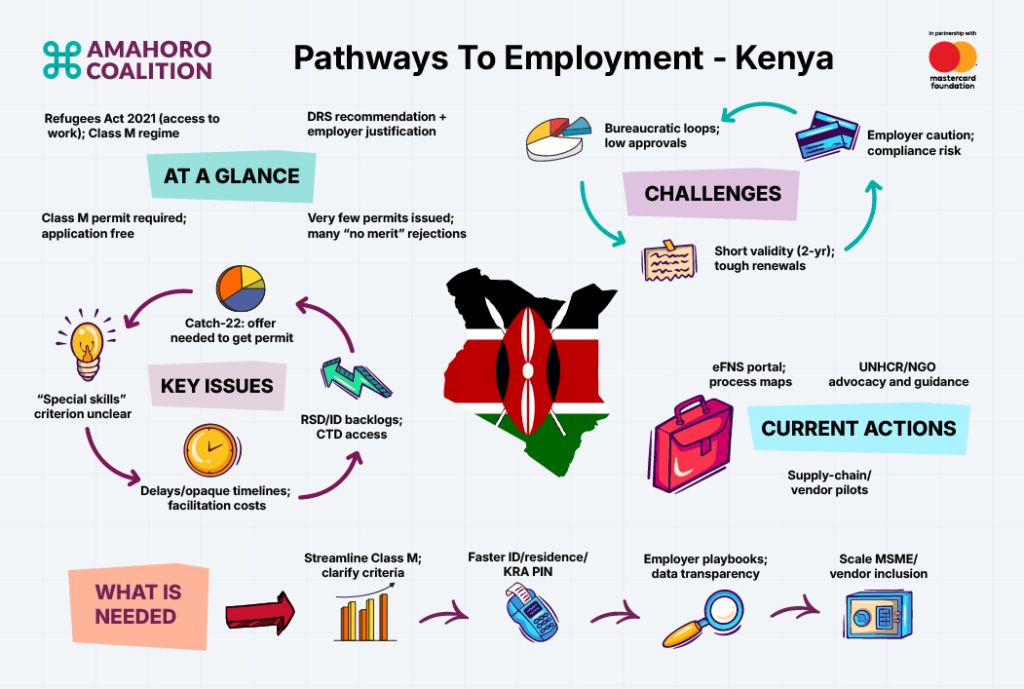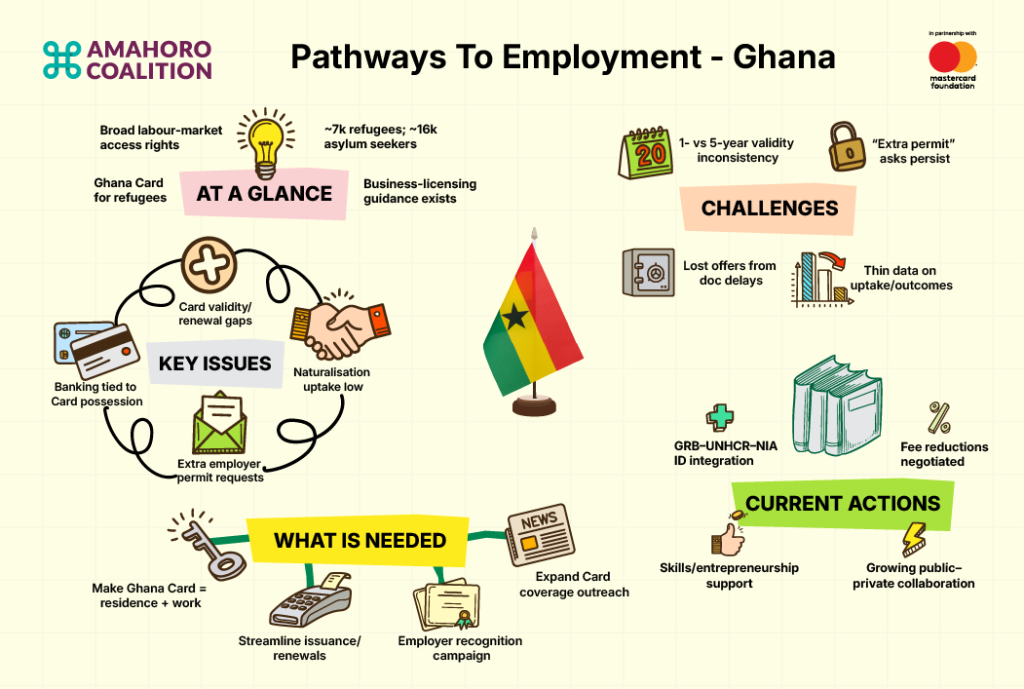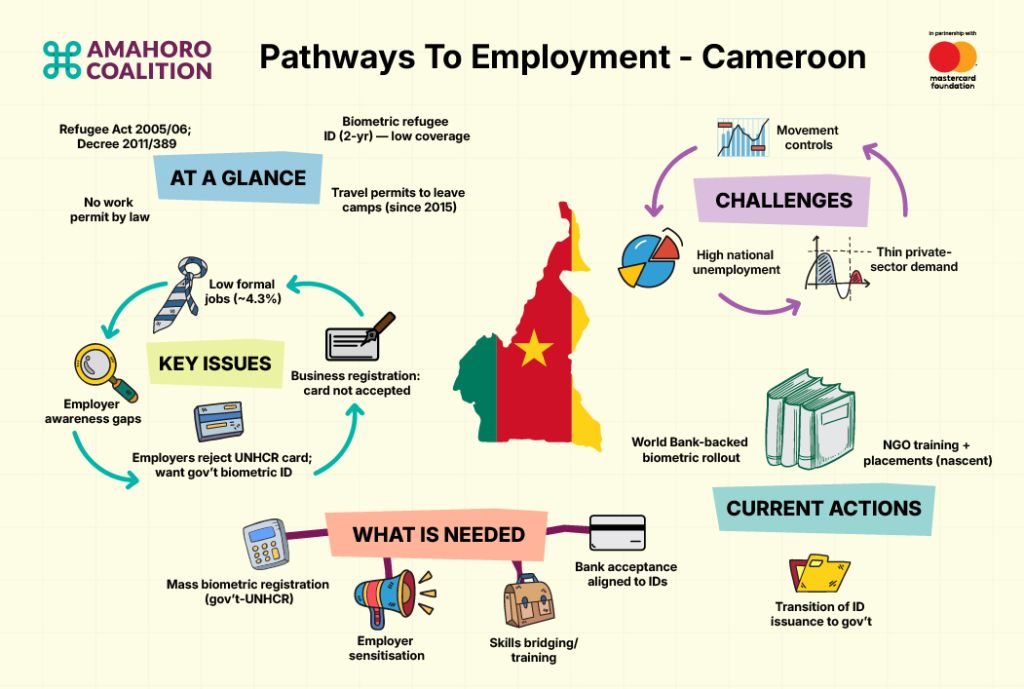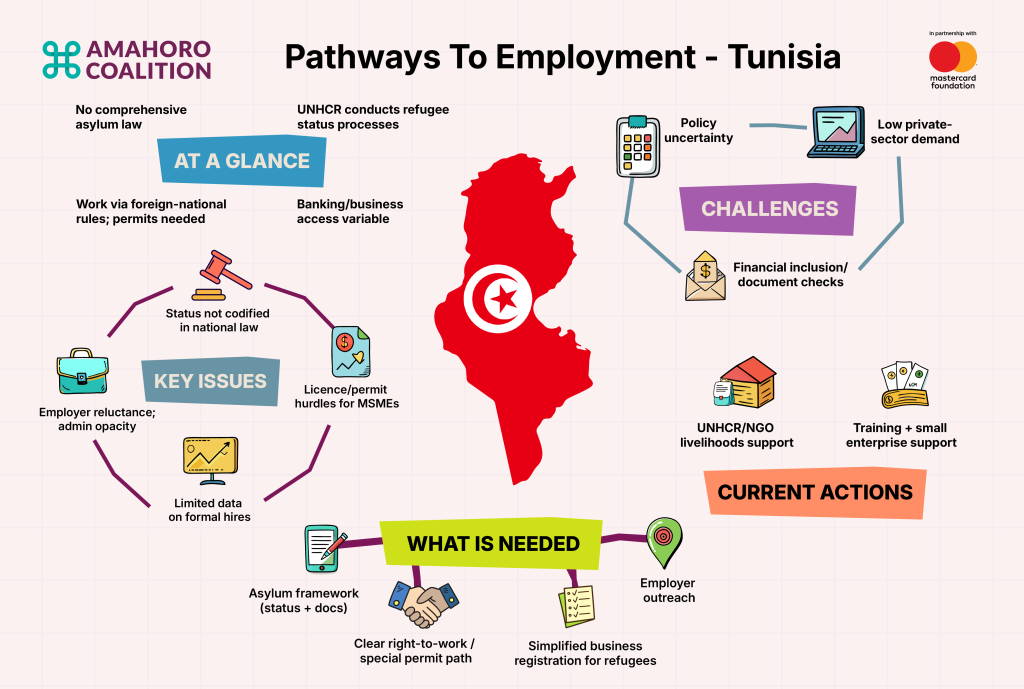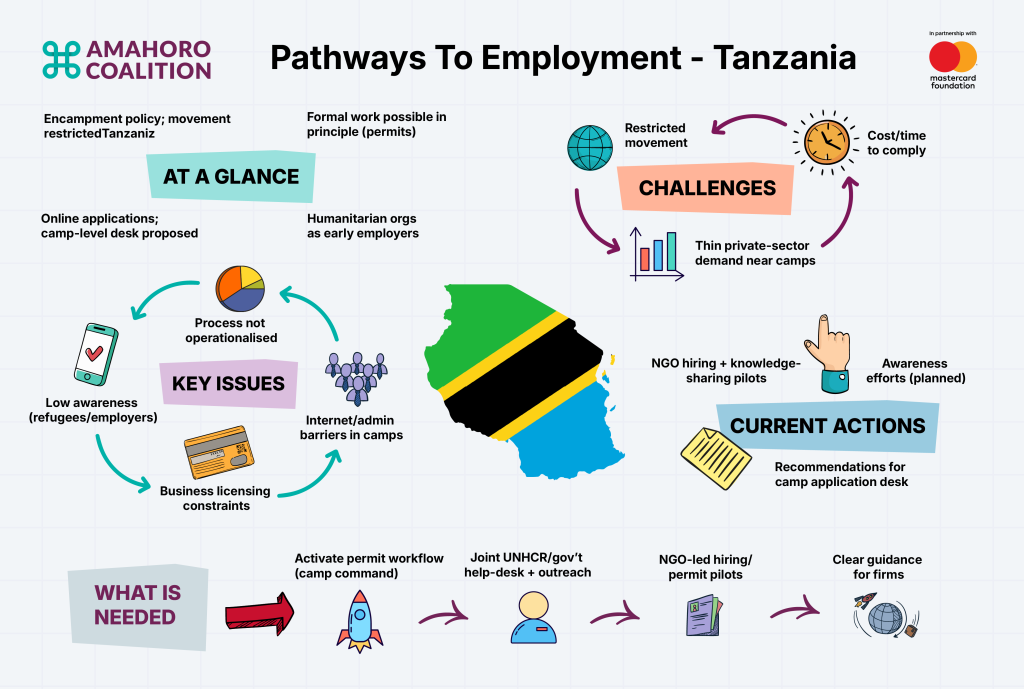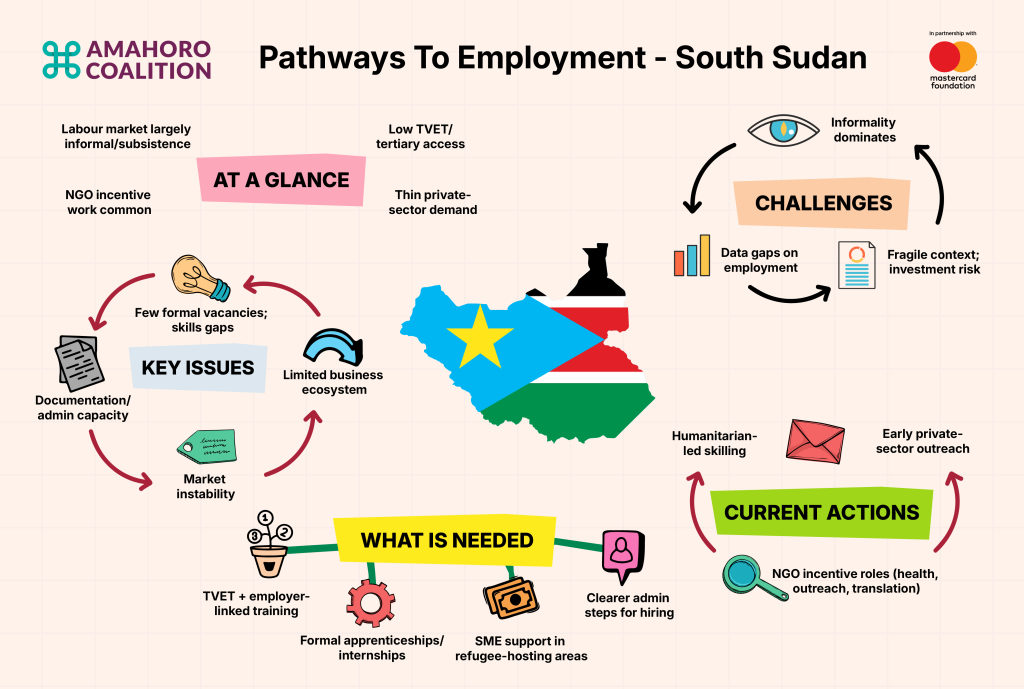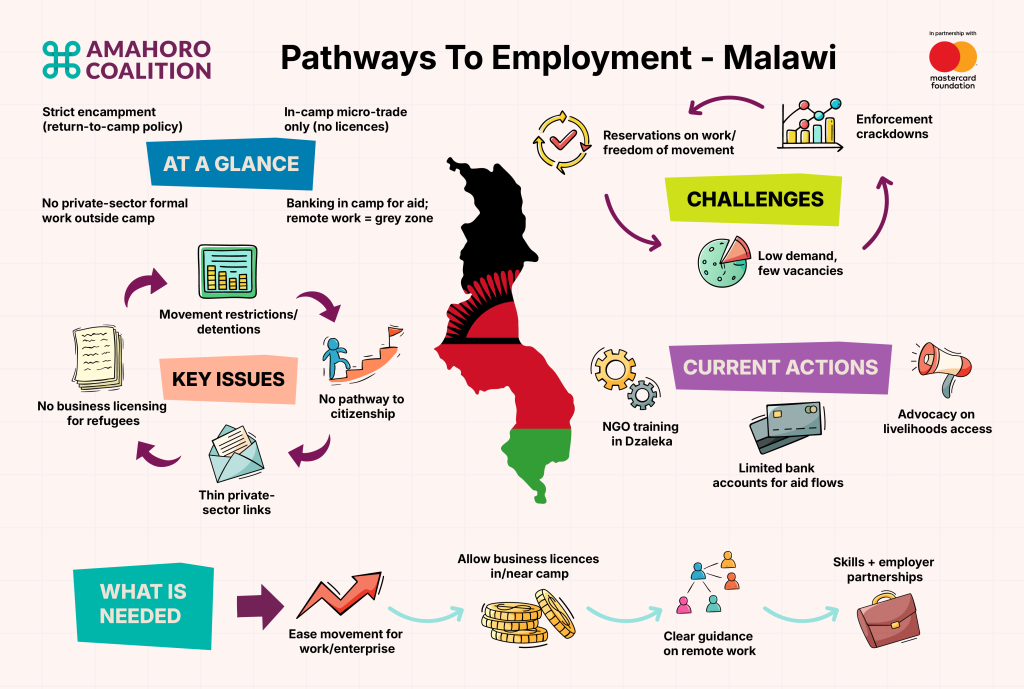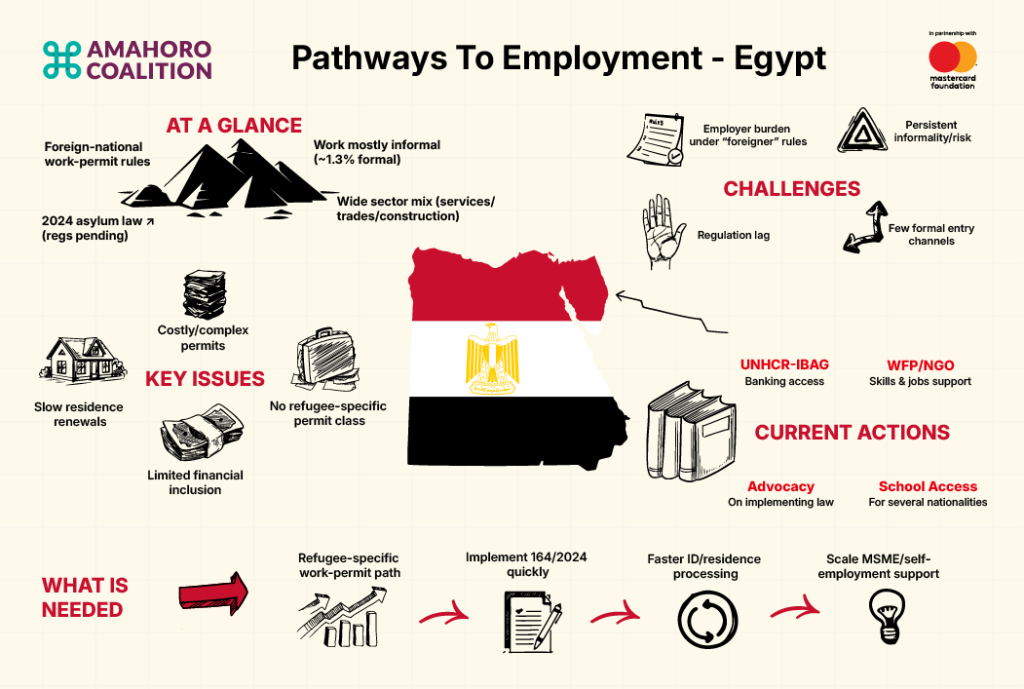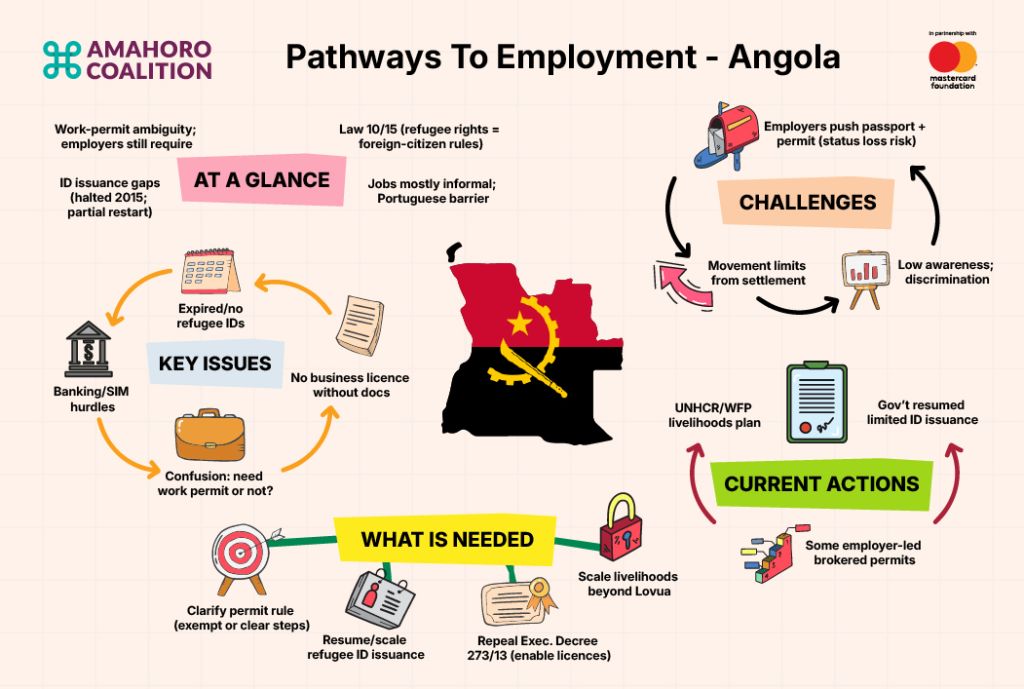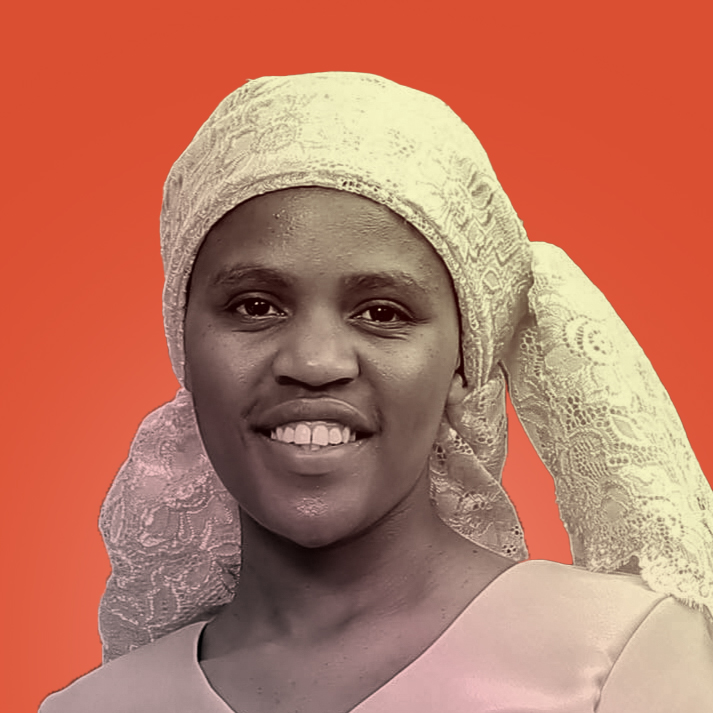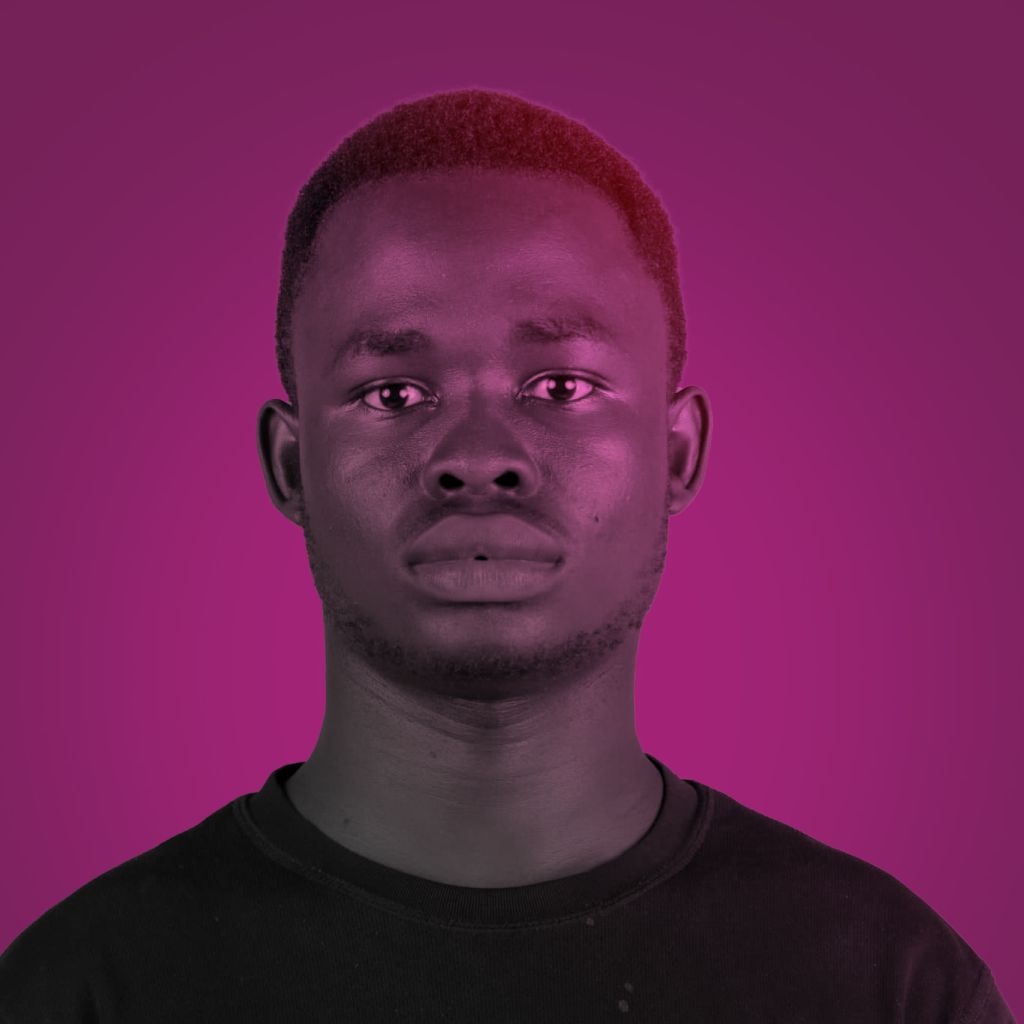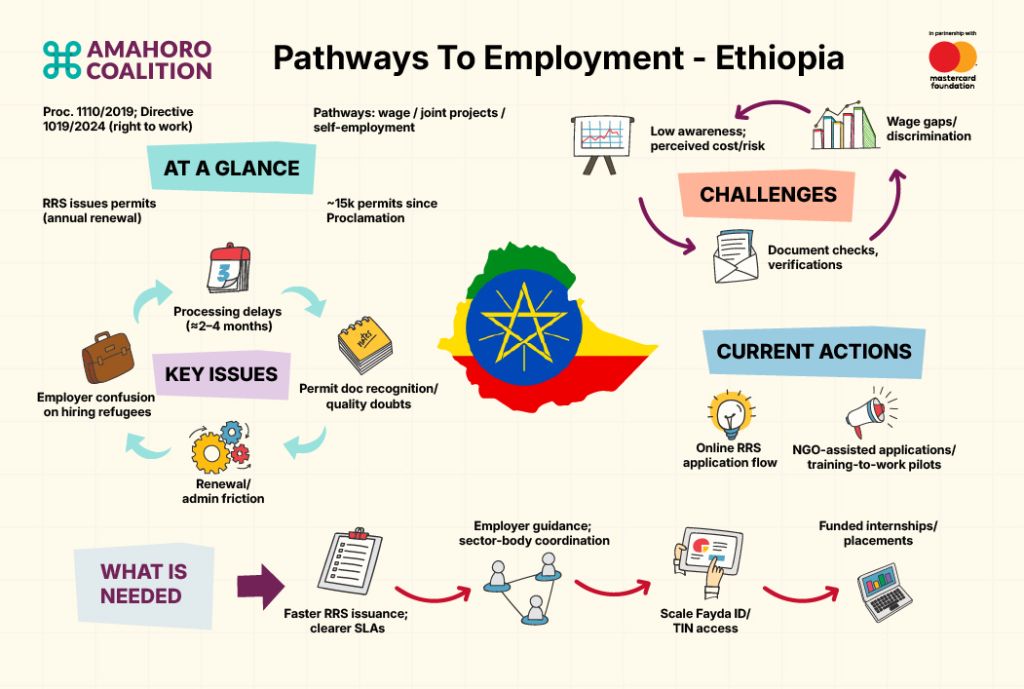
They called him “Mai boola“, the trash carrier. It was a condescending nickname, a dismissal of a man who had left a respectable teaching job to wade into the messy, informal world of waste collection. To his family, it didn’t make sense that a university graduate with a degree in pure and applied chemistry would choose a path that looked, to them, like a step backward. But for Ibe Agwu Kalu, founder of Level Up Recyclers, this path was a direct line to solving some of Nigeria’s most deeply entrenched problems. His company, launched in December 2020, isn’t just about waste management. It’s a social enterprise built on a simple but powerful idea: turning waste into wealth, not for one person, but for the most vulnerable people in the value chain. Based in Abuja, Level Up Recyclers specifically partners with people living in the city’s 16 Internally Displaced Persons (IDP) camps, creating predictable income for communities shattered by conflict.
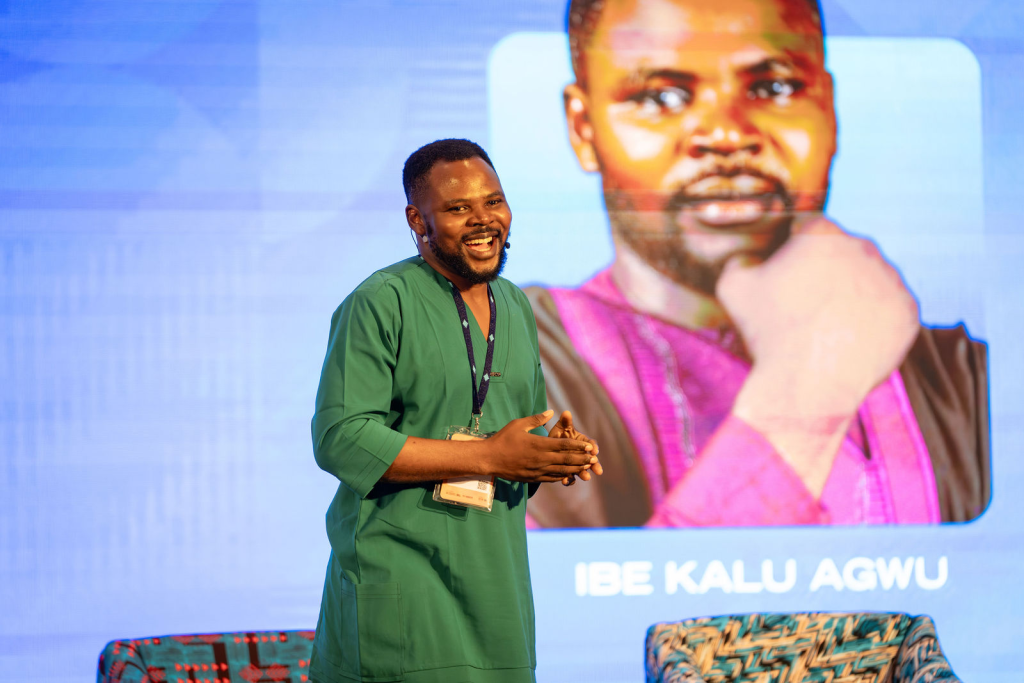
Seeing women affected by displacement, I know what it means to empower a woman.
Ibe Kalu Agwu
Kalu’s story began long before he ever sorted a plastic bottle. It was shaped by the echoes of war and the resilience of his mother. After Nigeria’s civil war, his father lost his livelihood and “never recovered from it”. It was his mother who stepped up, becoming the family’s breadwinner and ensuring her children went to school. “Seeing women affected by displacement, I know what it means to empower a woman,” Kalu says.
That lesson was seared into his memory during his mandatory one-year national service. Posted to northern Nigeria, he was caught in an outbreak of violent insecurity. He and thousands of others were moved to the temporary safety of a camp, a primary school built for 250 children, now forced to house over 3,000 people. The conditions were dire. Sanitation was non-existent, and the children’s playground was turned into a makeshift kitchen. It was in this chaotic environment that Kalu had his epiphany. Remembering a radio program where a professor called waste “wealth,” he connected it to his mother’s struggle and the desperation desperation he saw in the camp. He started a small, informal cleanup effort with three women, and an idea was born.
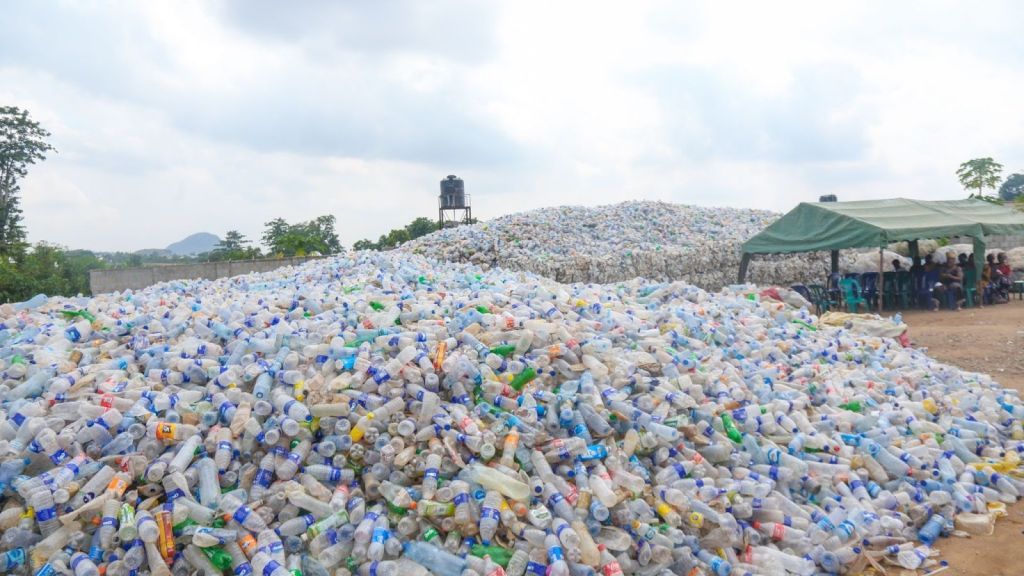
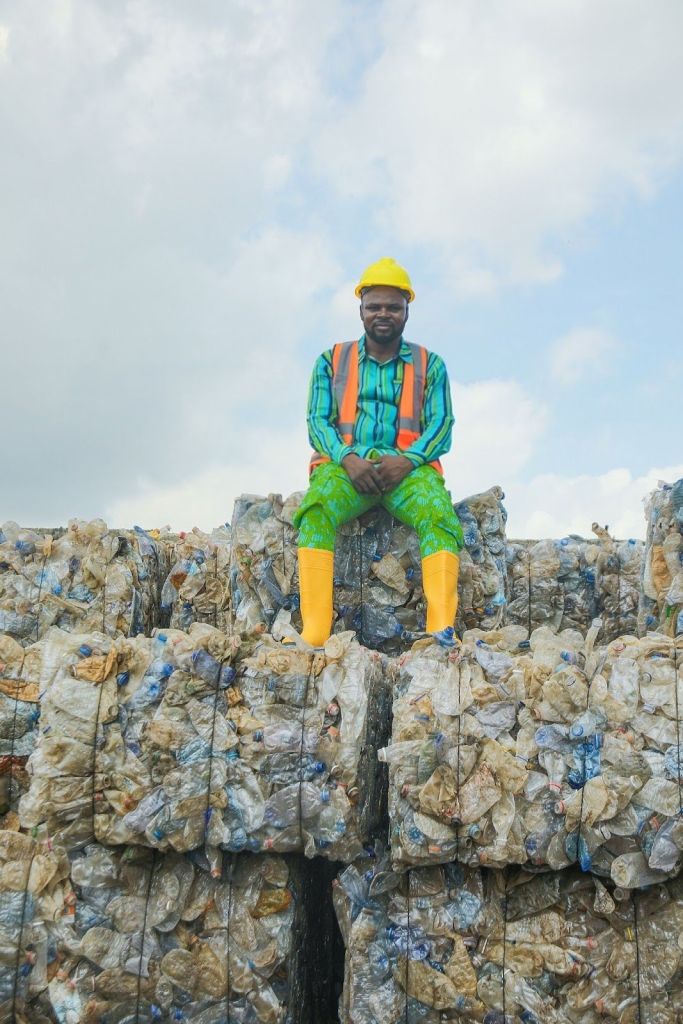
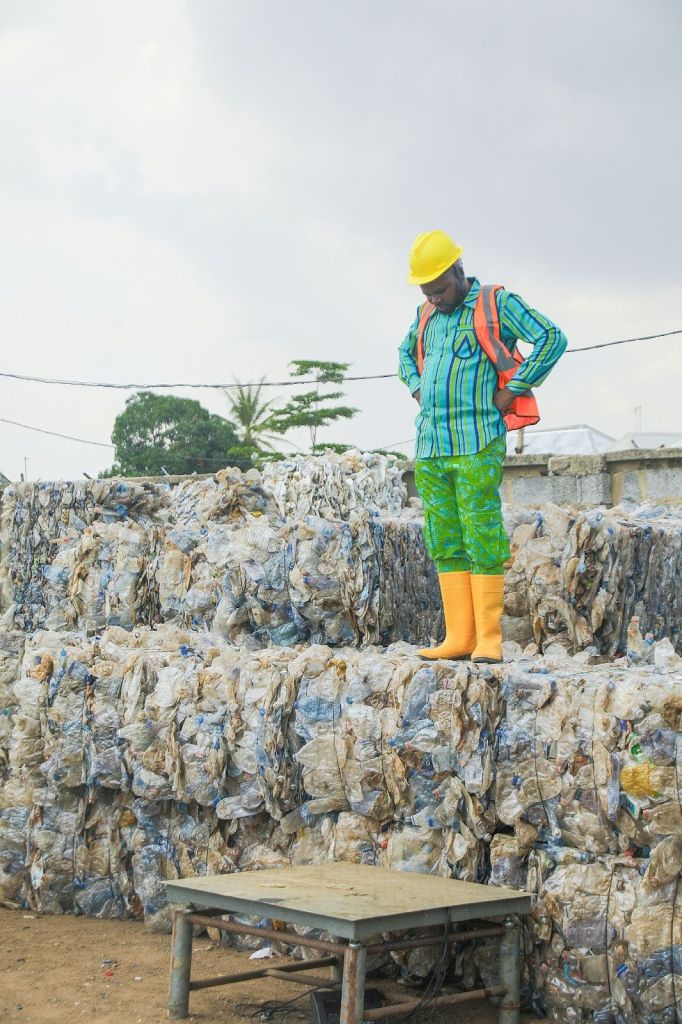


Starting Level Up Recyclers was a formidable challenge. Kalu had passion but no business experience. “I had a disability running a business,” he admits. The rejection was swift and widespread. Family members were bewildered, and the informal workers already in the sector were suspicious of his formal, strategic approach. When he approached a microfinance bank for a loan, they inspected his facility, went to his house, and ultimately refused. “The things you are telling us sound so… it’s like a fairy tale,” the account officer told him. “We can’t risk it“.
The turning point came through business training through the Amahoro fellowship program, which gave him the skills to tell his story better and structure his vision. The fellowship program provided the platform he needed. “It was like they gave me the shoulders to… stand on, to see and to be seen,” he explains. The growth that followed was explosive. In one year, he achieved what he couldn’t in the previous three, expanding his operation to 10 permanent employees, 52 part-time staff, and a network of over 600 collectors. The organization’s revenue also soared, increasing sevenfold after the fellowship program.
Because of my speaking opportunity in Kenya, local authorities in Nigeria are beginning to take our work seriously, and we’re now being invited into critical policy discussions.
Ibe Kalu Agwu
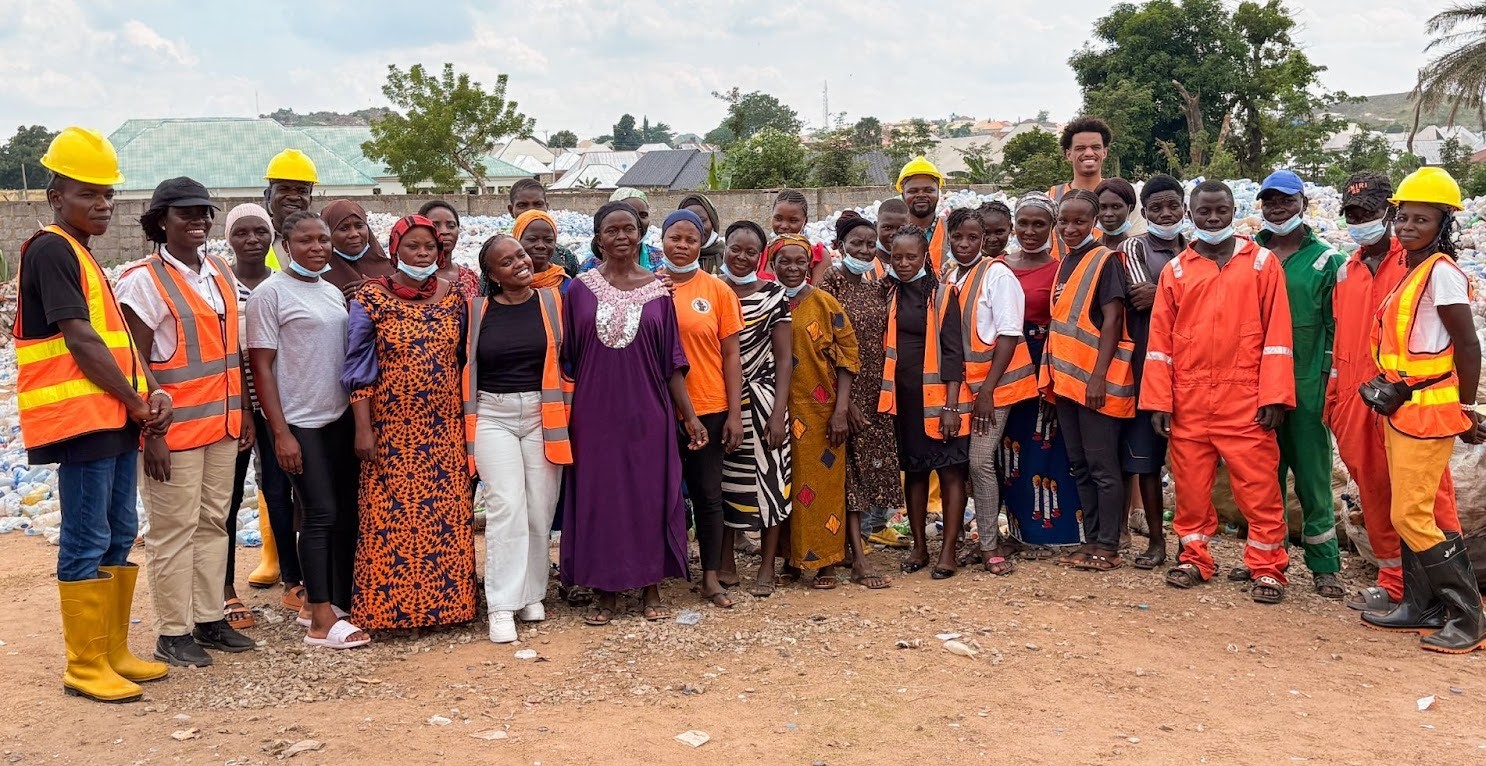
The organization now processes up to 120 tonnes of waste every month, shipping 23 tonnes in six consignments. Thanks to Amahoro’s initiatives like connecting private sector leaders with young entrepreneurs in the fellowship program to explore market opportunities, Ibe has secured offtake agreements with Nigerian companies such as Kaltani.
His debut as a speaker at the 2025 African Forum on Displacement in Nairobi was, in his words, “an opportunity I will never forget.” The impact was immediate; “Because of my speaking opportunity in Kenya, local authorities in Nigeria are beginning to take our work seriously, and we’re now being invited into critical policy discussions,” he shared.
Kalu’s model is a delicate balancing act between social good and financial viability. He explains his philosophy with a simple analogy: if a typical business makes a $2 profit on a transaction, he chooses to take only $1. The other dollar is intentionally split across the value chain, giving a little more to the collectors, the sorters, and the drivers. This principle is woven into the “very fabric” of his company’s finances.
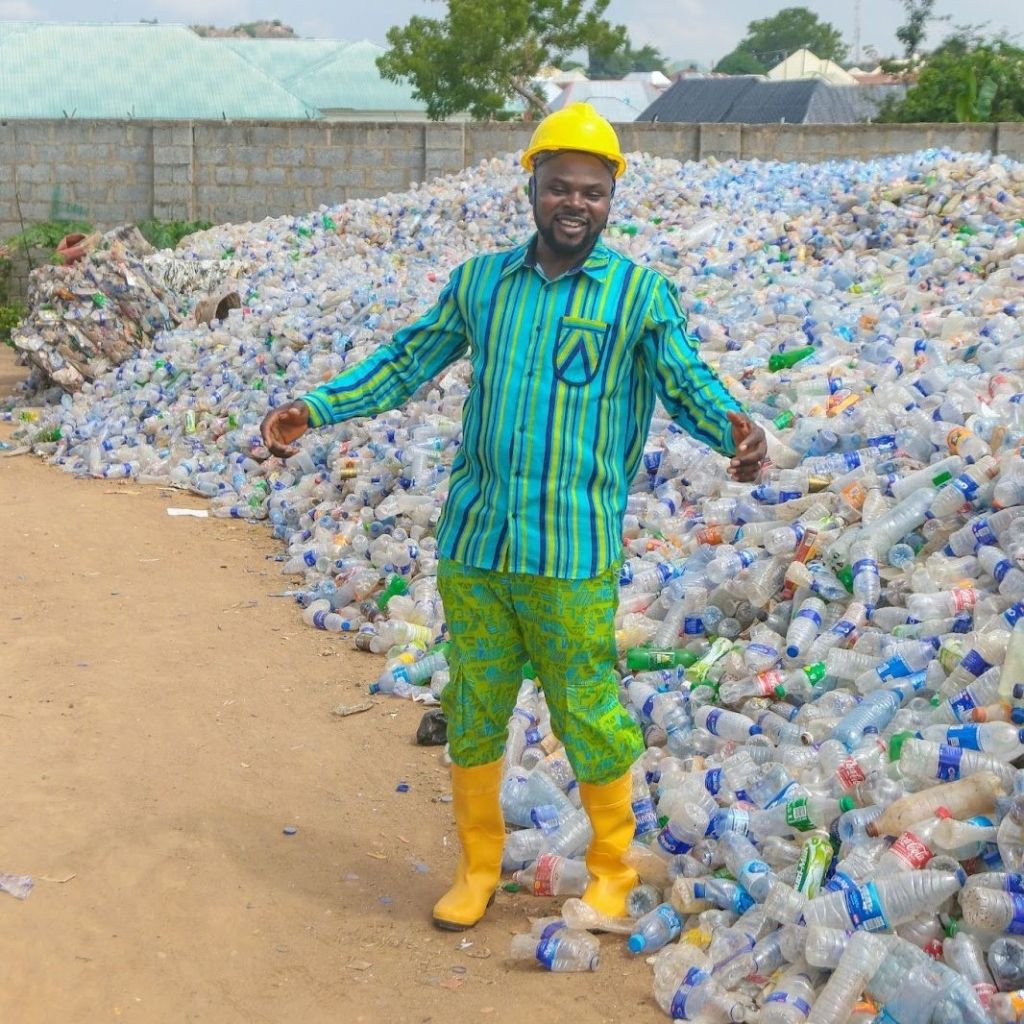
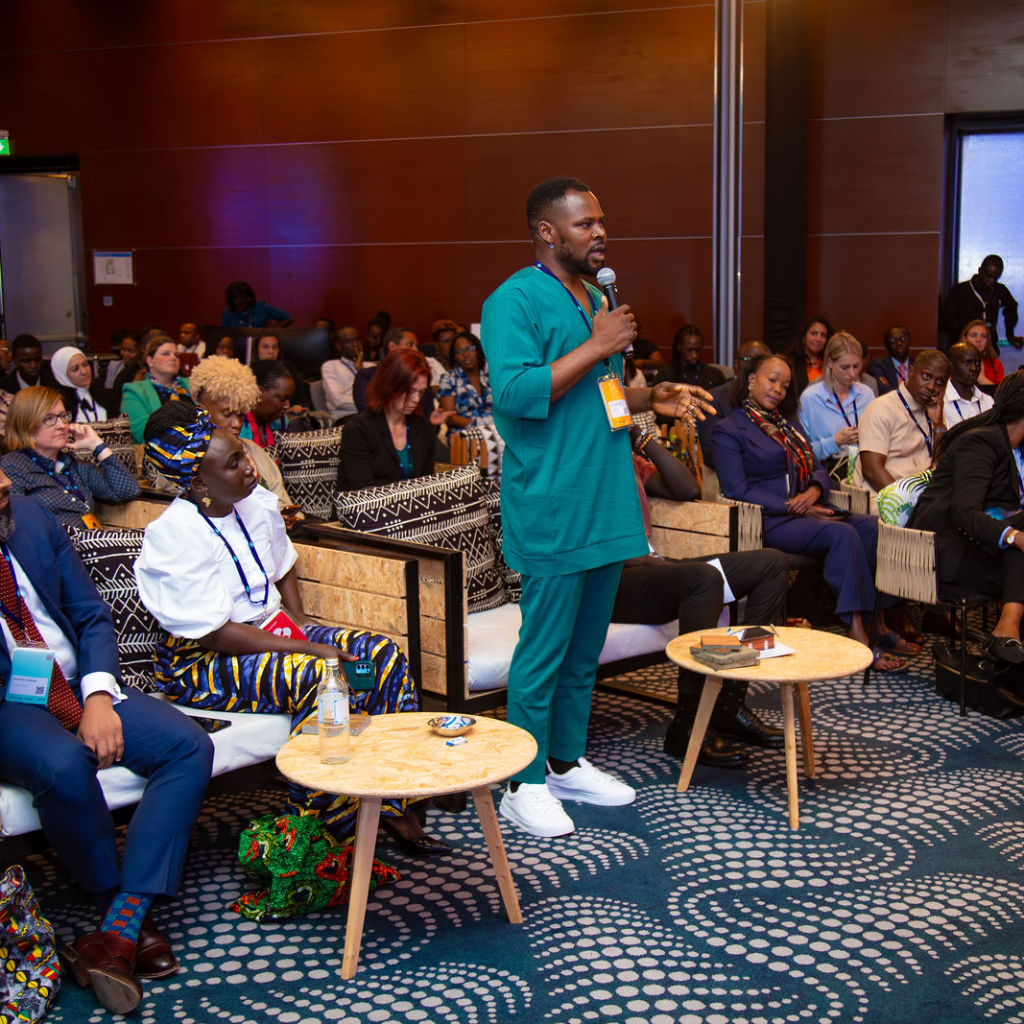
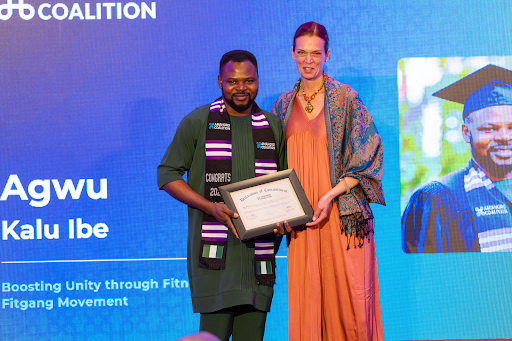
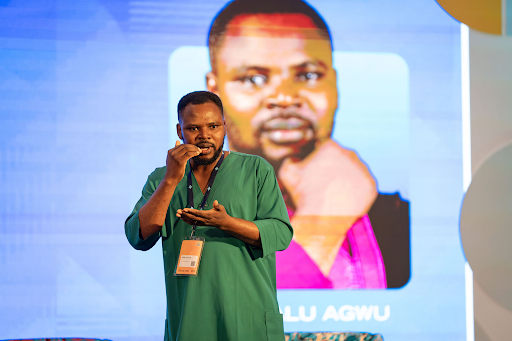
He’s also learned that the best ideas often come from the most unexpected places. He recalls a day when his team was struggling to figure out how to load the maximum number of recycled bales into a shipping container. Ideas came from everywhere, but the breakthrough came from the man at the gate, whose only job was to log what comes in and out. “He was the one that gave us the idea to maximize the space we have,” Kalu says. “It saved me money”. The lesson was profound: “Don’t neglect the in-house experience”.
Today, Kalu’s vision is bigger than ever. He has a bold dream: to create employment for 60 million people across Africa by the time he turns 60. And he is on track to deliver this audacious ambition as Level Up has already impacted some 297,600 lives. Beyond jobs, he wants to foster a new mindset, to raise an “eco-conscious population” through awareness campaigns that will make recycling easier and more effective. It’s a monumental task, but for the man once dismissed as a trash carrier, turning discarded things into a brighter future is all in a day’s work.
